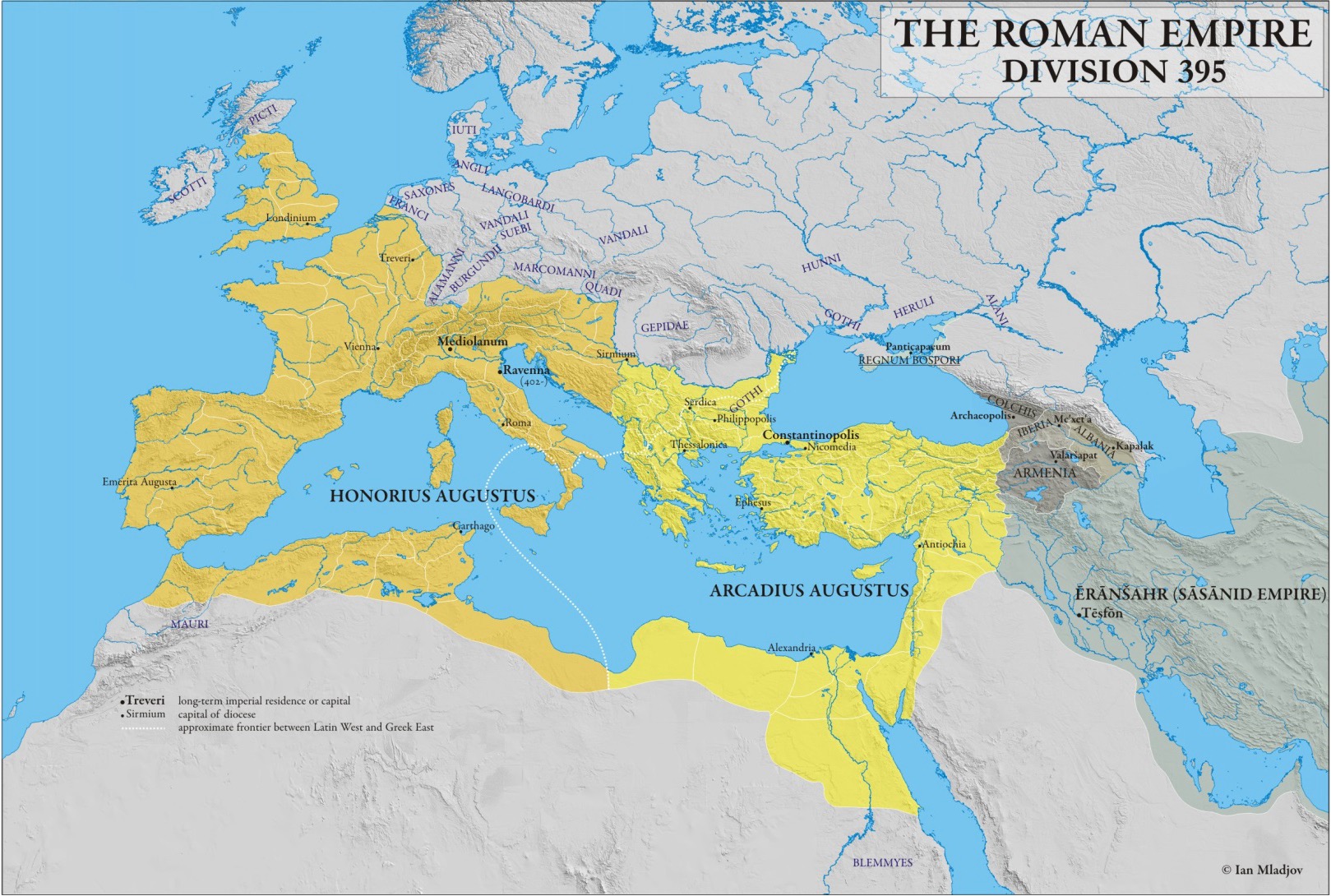What is History?
The word history comes from from ancient Greek ἱστορία ('historia'), meaning “knowledge derived from investigation”. It is also the source of the word 'story'.
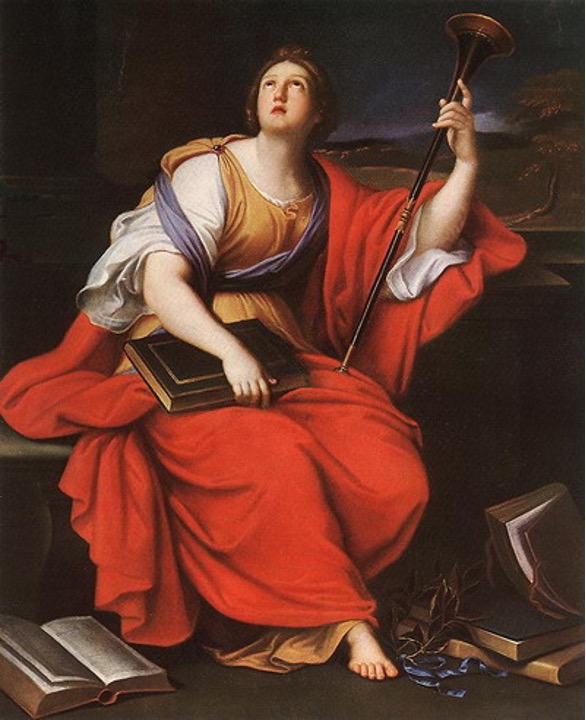
Sources for Roman History
Some chronology terms to be familiar with are c. or ca. = circa meaning 'around' and fl. = floruit meaning 'flourished'.
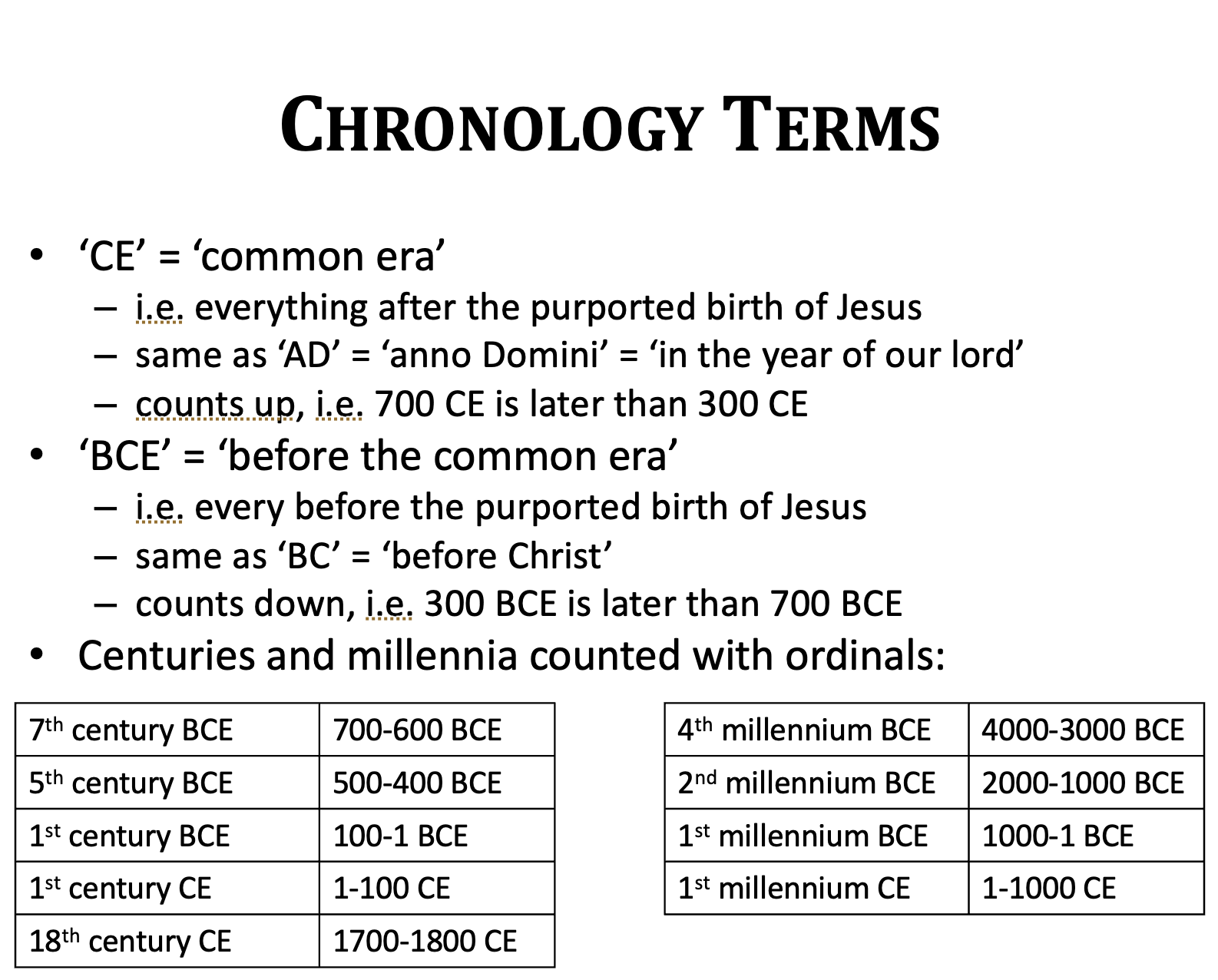
Some evidences are witness testimony, physical remains, hair, blood, fingerprints, documents, etc...
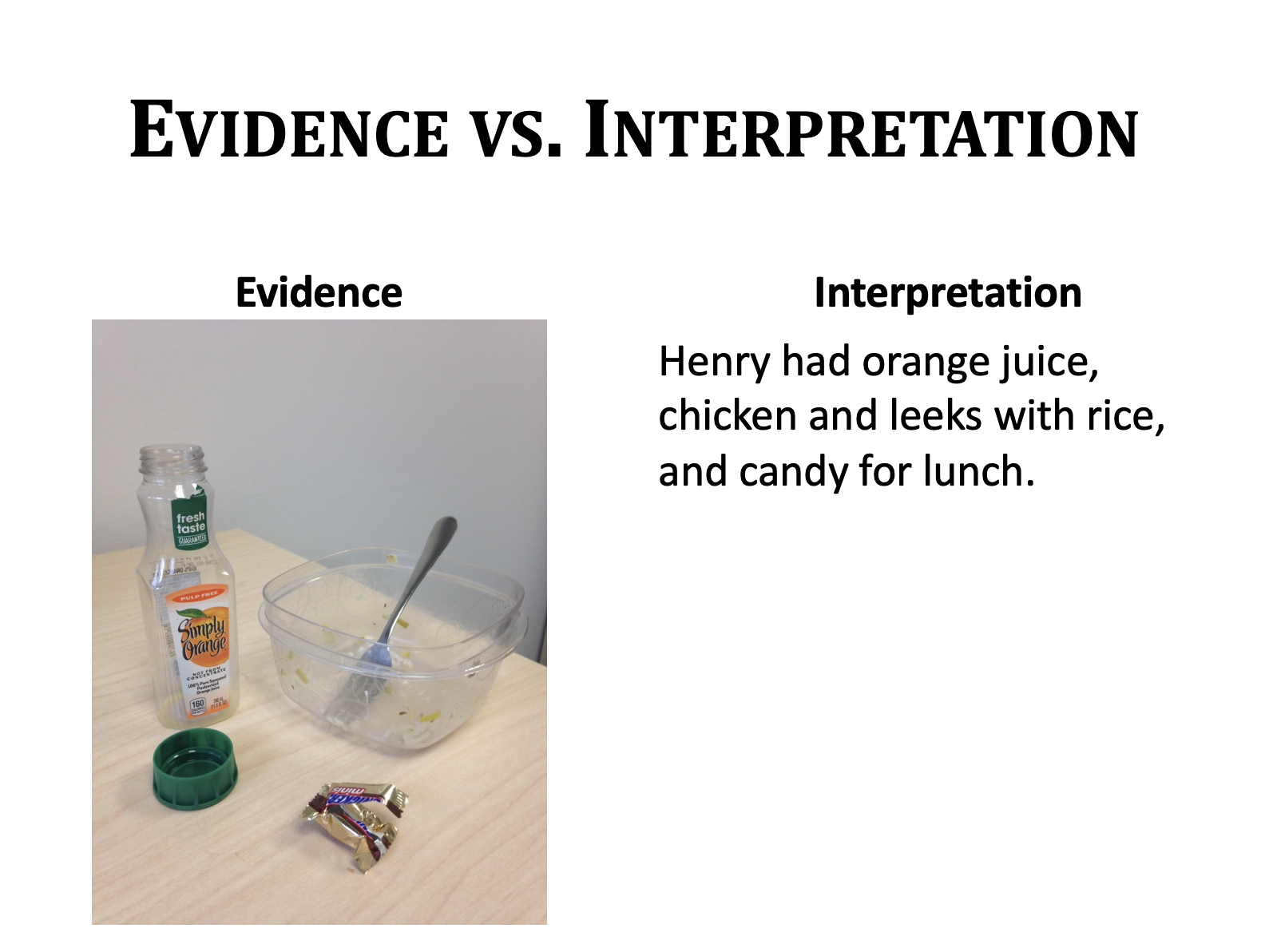

Many sources came from historical works, letters, speeches, inscriptions, coins, monumental art, personal art, and archaeological remains.
- Roman Male Name:
- Praenomen: first name
- e.g. Marcus, Lucius, Publius
- Nomen: clan name
- e.g. Cornelius, Tullius
- Cognomen: family name
- e.g. Cicero, Scipio, Cato
- Agnomen: honorary name
- e.g. Africanus
Citizens only!
⬅️ Italy Before the Romans
Prehistory is a period prior to that for which written records exist. There is a difference between Archaeology and language. Languages are not peoples.
Some examples of ancient Italian languages are: Etruscan, Italic languages like Oscan, Umbrian, Faliscan, Latin, and Greek.

The Iron Age. The Iron Age replaces bronze beginning c. 900 BCE. This led to eventual stronger contacts with peoples from the eastern Mediterranean. At this point in time, there were development of several distinctive cultural groups.
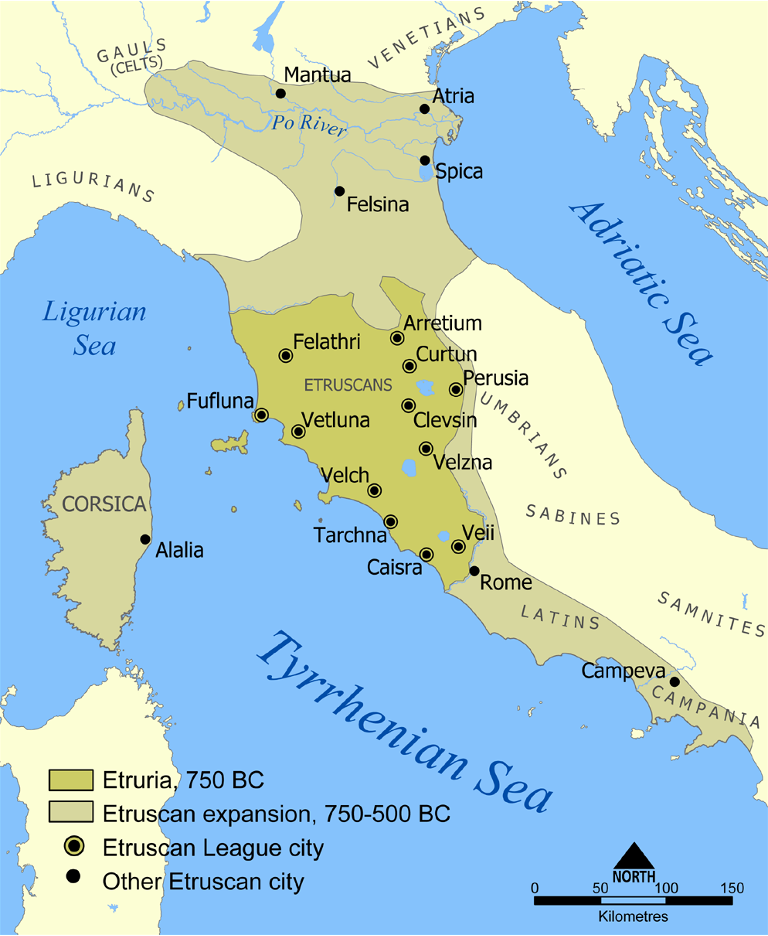
The Phoenicians are a Semitic people from Phoenicia in the Levant (modern Lebanon). The Region was famed for 'Cedars of Lebanon'. They were known primarily as seaborne merchants who were Especially active c. 1000-600 BCE. They established trading colonies through the Mediterranean, including Carthage in the mid 8th cen. BCE.
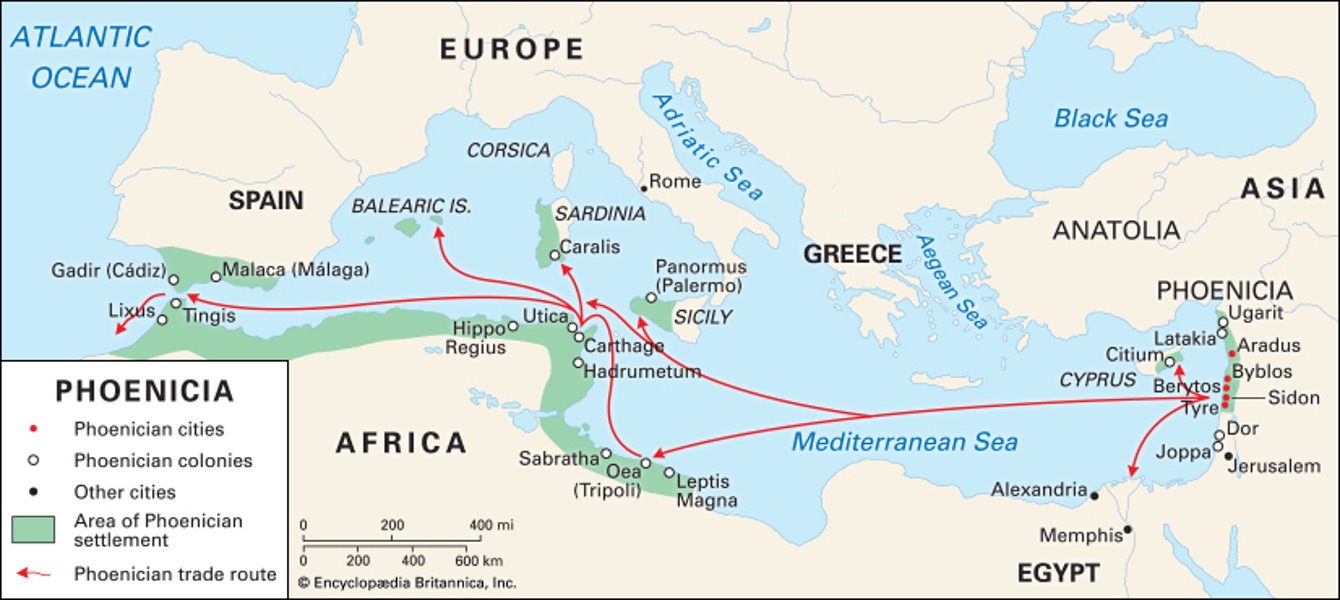
Greek City-States. 'Polis' in Greek, were sovereign cities and their territories. The city-states had different forms of governance: Tyranny, Oligarchy, Democracy. Each polis founded new semi-independent poleis as colonies and some colonies founded their own colonies.
Magna Graecia or 'Great Greece' were Colonies established beginning in the 8th cen. BCE.
Some for trade,
e.g. Pithecusae.
Some for settlement and agriculture,
e.g. Metapontum.
Brought Greek religion, language and practices to Italy.
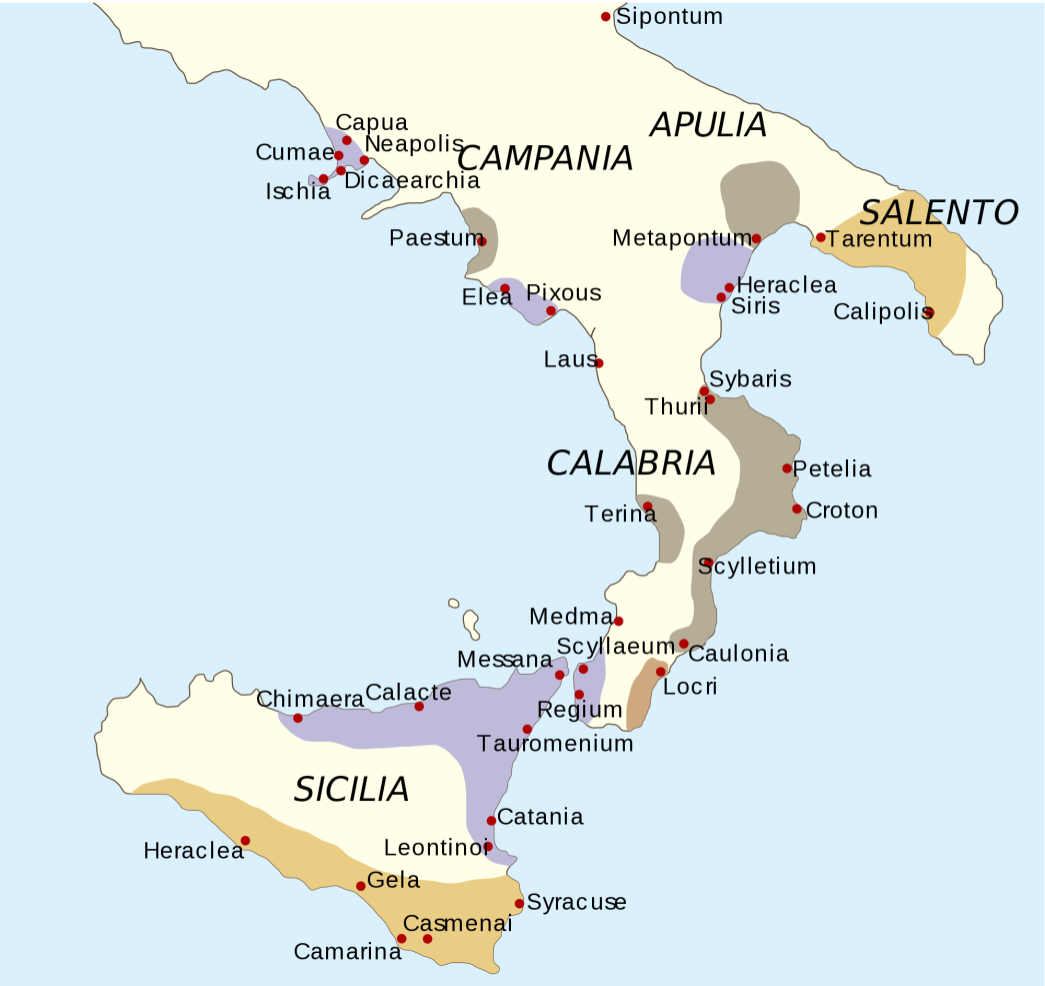
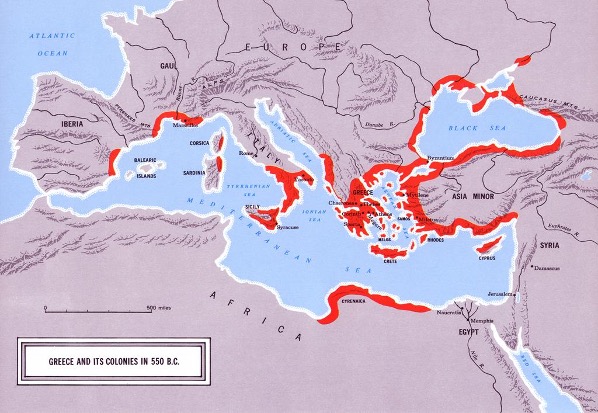
The Etruscans who Began c. 8th cen. BCE. They Spoke a non Indo-European language (Etruscan). We can't read it! They originally lived in Etruria, but expanded northward into the Po River Valley and south as far as Campania. They never were politically united; each city was independent and had its own king.
The Orator. Life-sized bronze statue c. 100 BCE. Found near Perugia in northwestern Italy in 1566. Etruscan inscription on the toga identifies it as Aulus Metellus. Gesturing for silence before making a speech.
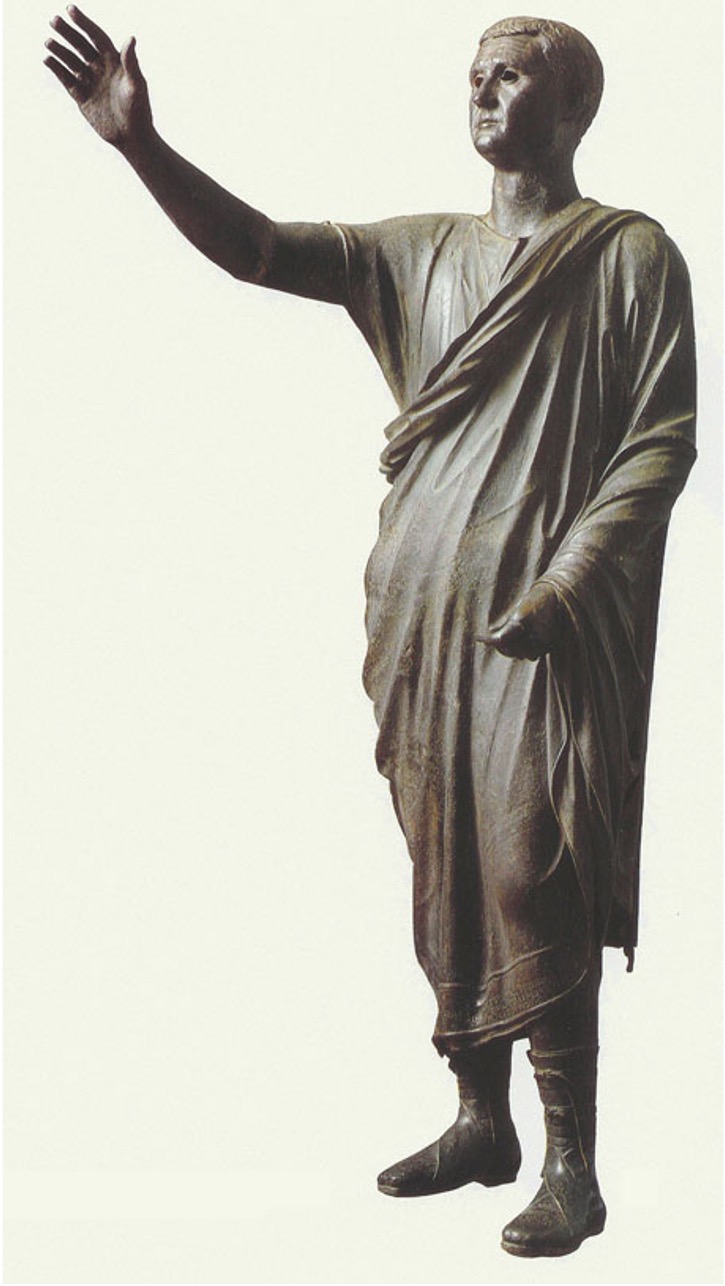
The Latins. Centered in Latium in central Italy. 'Latial culture,' c. 1000-600 BCE. They spoke old latin. They were not politically unified; each city was independent. They later came to be dominated by Rome as early as the 7th cen. BCE.
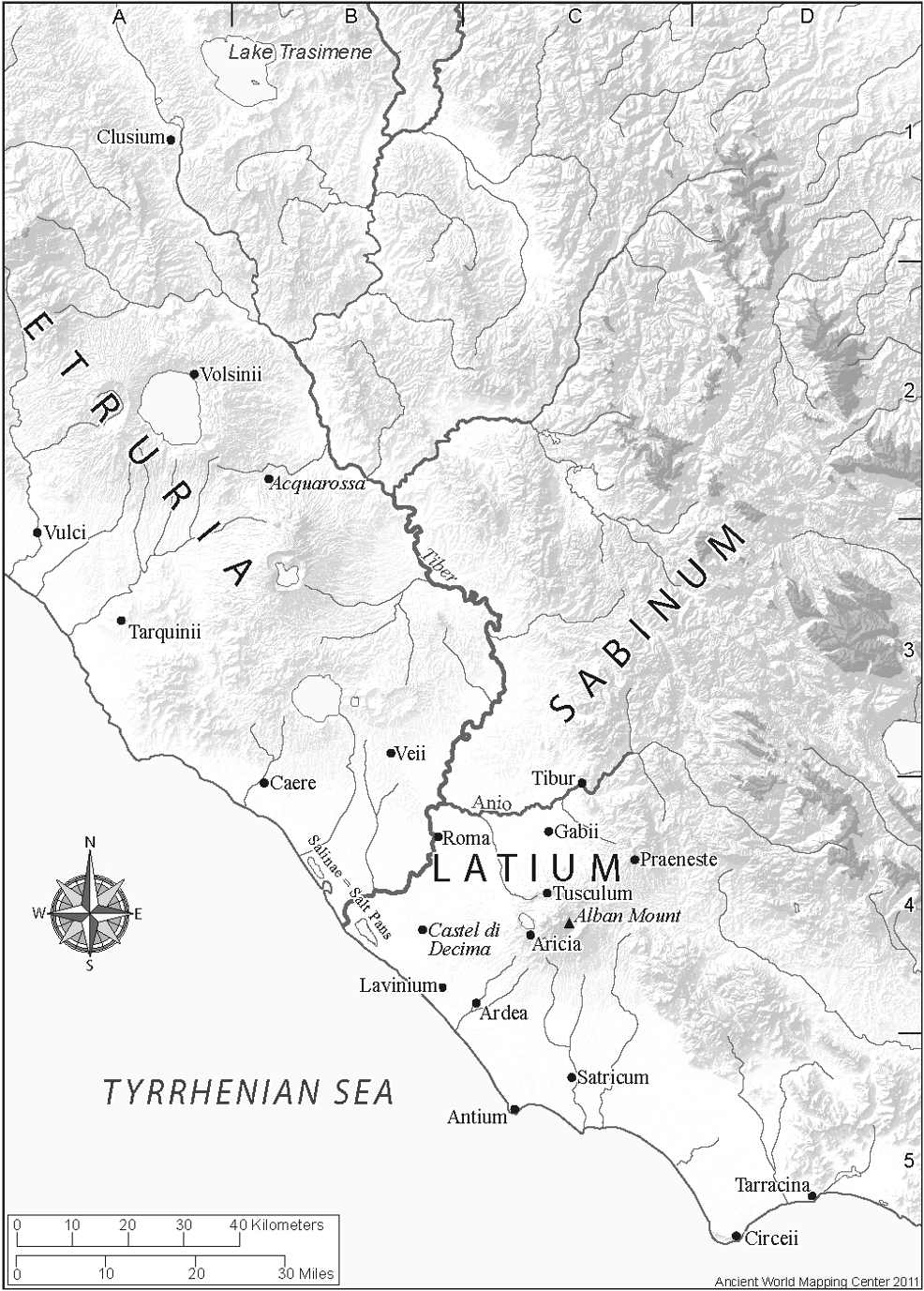
The Founding of Rome in Myth and History
Myth or history is “A traditional or legendary story, usually concerning some being or hero or event, with or without a determinable basis of fact or a natural explanation, especially one that is concerned with deities or demigods and explains some practice, rite, or phenomenon of nature.” It comes from Greek μῦθος = 'story'.
One example is Romulus and Remus. They found their own city on the Tiber where they were exposed. There was a dispute over seniority, augury, Or Remus mocked Romulus by jumping over the half-built walls and was killed. The founding of Rome is suspected to be 753 BCE (the Romans thought).
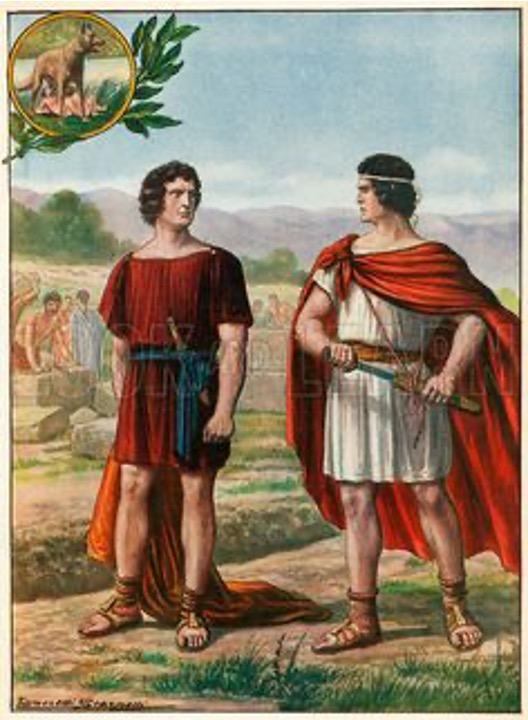
Rome has 7 Hills: Palatine, Capitoline, Aventine, Caelian, Esquiline, Viminal, Quirinal.
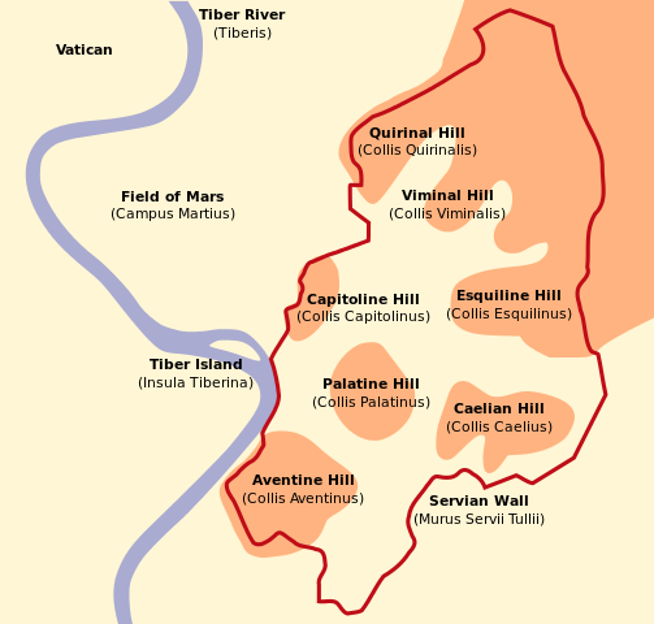
Foundation of Rome 753 BCE
Kings of Rome:
- Ruled Rome from 753 to 509 BCE.
- Elected rather than hereditary.
- Mostly legendary.
- Ended when Lucius Junius Brutus expelled the last king.
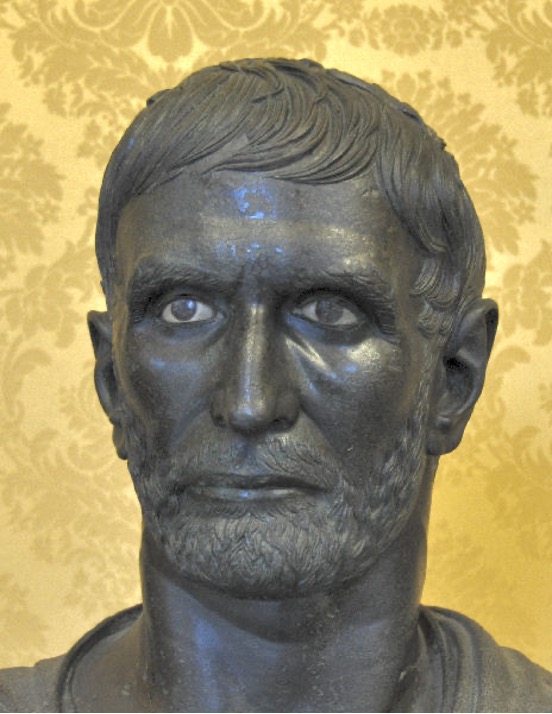
⬅️ The Conquest of Italy
Rome's Neighbors: Sabines, Latins, Lavinium, Gabii, Volscians, Etruscans, Veii, Caere, Volsinii, Clusium, Gauls, Samnites, Greeks.
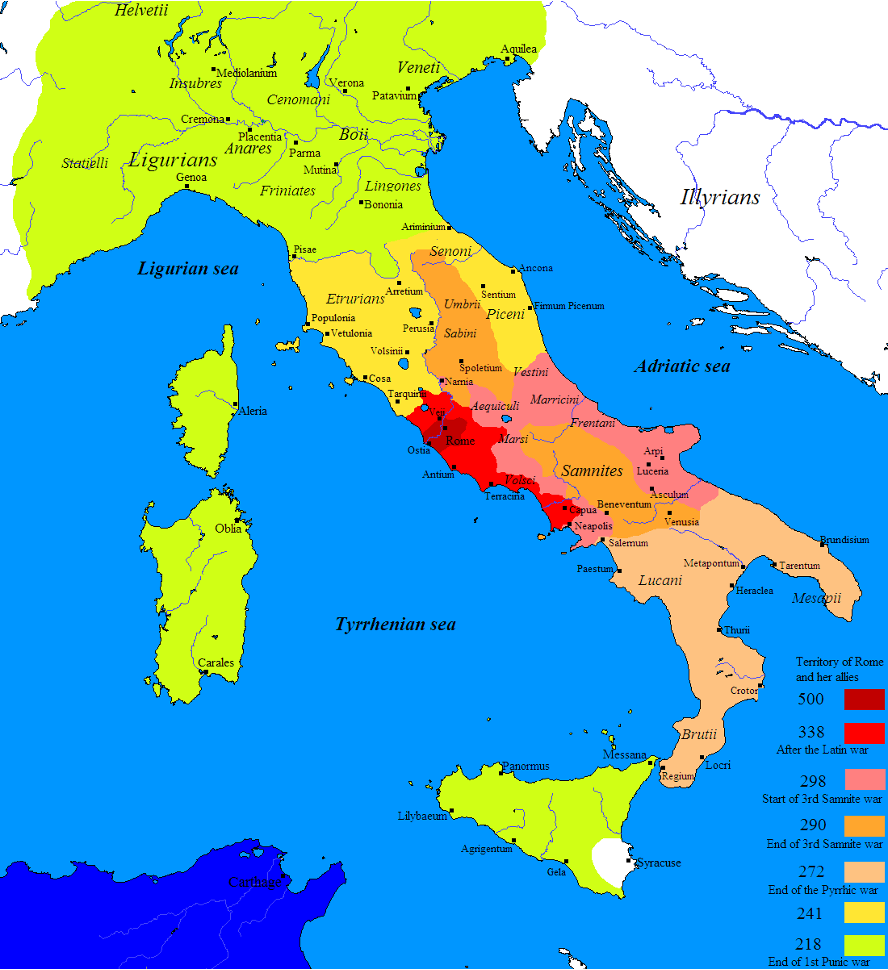
Eventually, Rome would go to war with Pyrrhus. He was the King of Epirus in Greece (306-302, 297-272 BCE). Pyrrhus was asked by Tarentum in Magna Graecia for help against Rome (281 BCE). The battles ended up being costly victories against the Romans at Heraclea (280) and Asculum (279). He was finally defeated at Maleventum (275).
This is the origin of 'Pyrrhic' Victory.
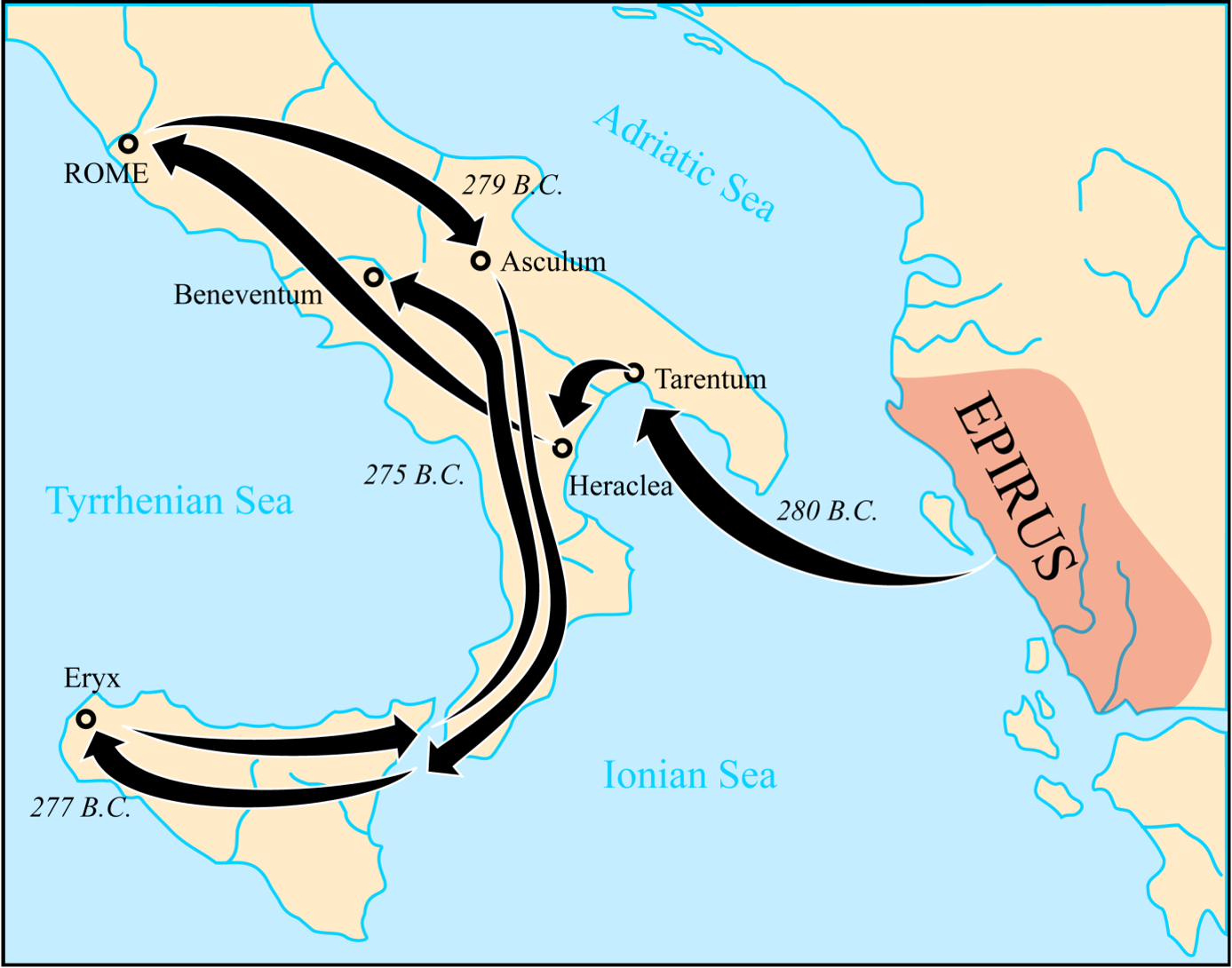
“If we are victorious in one more battle with the Romans, we shall be utterly ruined.”
King Pyrrhus, after the Battle of Asculum (279 BCE)
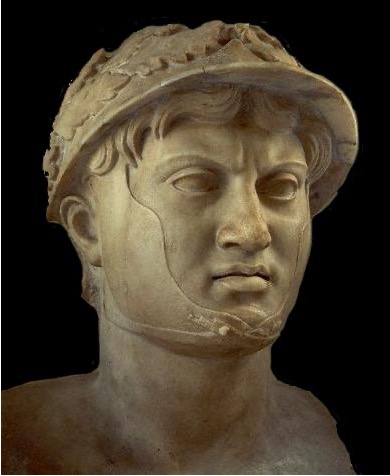
From Kingdom to Republic
What is the difference between Kingdom vs. Republic? Kingdom is a state or government having a king or queen as its head. Republic is a state in which the supreme power rests in the body of citizens entitled to vote and is exercised by representatives chosen directly or indirectly by them. This comes from Latin res (thing) + publica (public).
Roman Kings:
- Romulus
- Numa Pompilius
- Tullus Hostilius
- Ancus Marcius
- Tarquinius Priscus
- Servius Tullius
- Tarquinius Superbus
A preview of Roman religion is Janus.
Janus is a God of archways, doorways, beginnings and endings. January is named after him. He is usually first god invoked. His temple doors are left open in times of war. Priests of Janus were 'doorkeepers' or 'Janitors'.

Roman Social Orders: Patricians - Descendants of Romulus' original 100 senators. Equestrians/Knights - Descendants of Servius Tullius' original cavalry centuries. Consisted of those who could afford to maintain horses. Plebeians/Plebs - All other citizens.
Comitia: Citizen assemblies for the purpose of voting. Met in the Comitium. Supposed established by Servius Tullius. Voted by century (i.e. in blocs). Majority of centuries were elite. Elite centuries voted first. So elite votes counted more.
The Senate - From senex = 'old man': Believed to have been founded by Romulus. Originally an advisory body. Former magistrates became senators. Usually had to approve laws before they could be voted on by the assembly. Met in the Curia.
Consuls: Highest ranking Roman magistrates. 2 served at a time, for 1 year terms. Elected by the comitia. Had imperium - right of military command outside of Rome. Only patricians allowed until 367 BCE.
Tribunes: Elected officers of the plebs. Sworn to protect the plebs against abusive magistrates. In return the plebs swore to protect the tribunes. Had veto power over the senate.
Other Magistrates: Praetors - Supreme legal authorities in Rome. Quaestors - Responsible for finance. Aediles - Responsible for administration of Rome. Censors- Maintained senate enrollment and monitored senators' morals.
Dictators: Supreme military commander appointed in times of crisis. Nominated by consuls. Served 6 month term. Appointed own deputy. 'Master of horse'.
Lucius Quinctius Cincinnatus - Appointed dictator in 458 BCE. Left his farm and took command of the army. Resigned the dictatorship 15 days later.
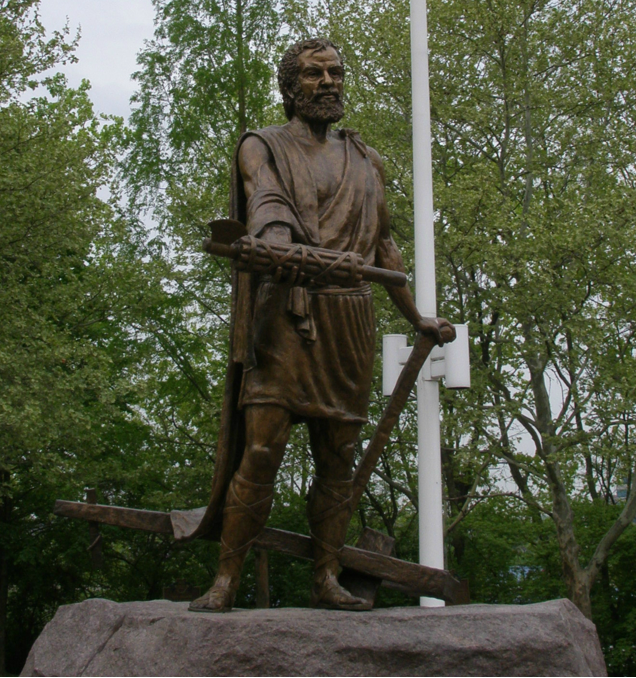
The Roman Republic
Senate:
Comprised of wealthy male citizens from old families (not elected).
Provided magistrates who governed the republic:
- Consuls (chief executives)
- Censors (responsible for public morality)
- Praetors (management of city affairs)
- Quaestors (finance guys)
- Aediles (infrastructure)
Plebian Council:
- Comprised of the plebs; the general populace of male citizens.
- Elected tribunes to represent them.
- Could approve or veto laws passed by the senate.
Land Problems:
- Most land was controlled by senatorial families.
- Veterans of the Punic Wars demanded their own land.
- Colonies of veterans established throughout Italy.
- Allied cities in Italy didn't like not having the same rights as colonies.
Punic War (War with Carthage)
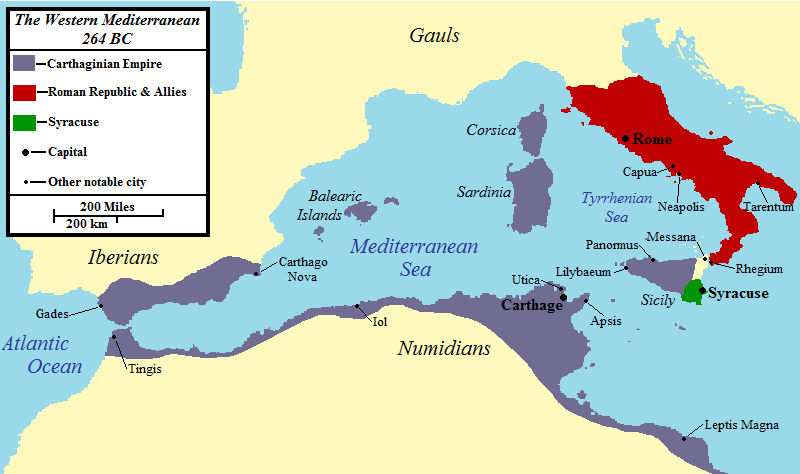
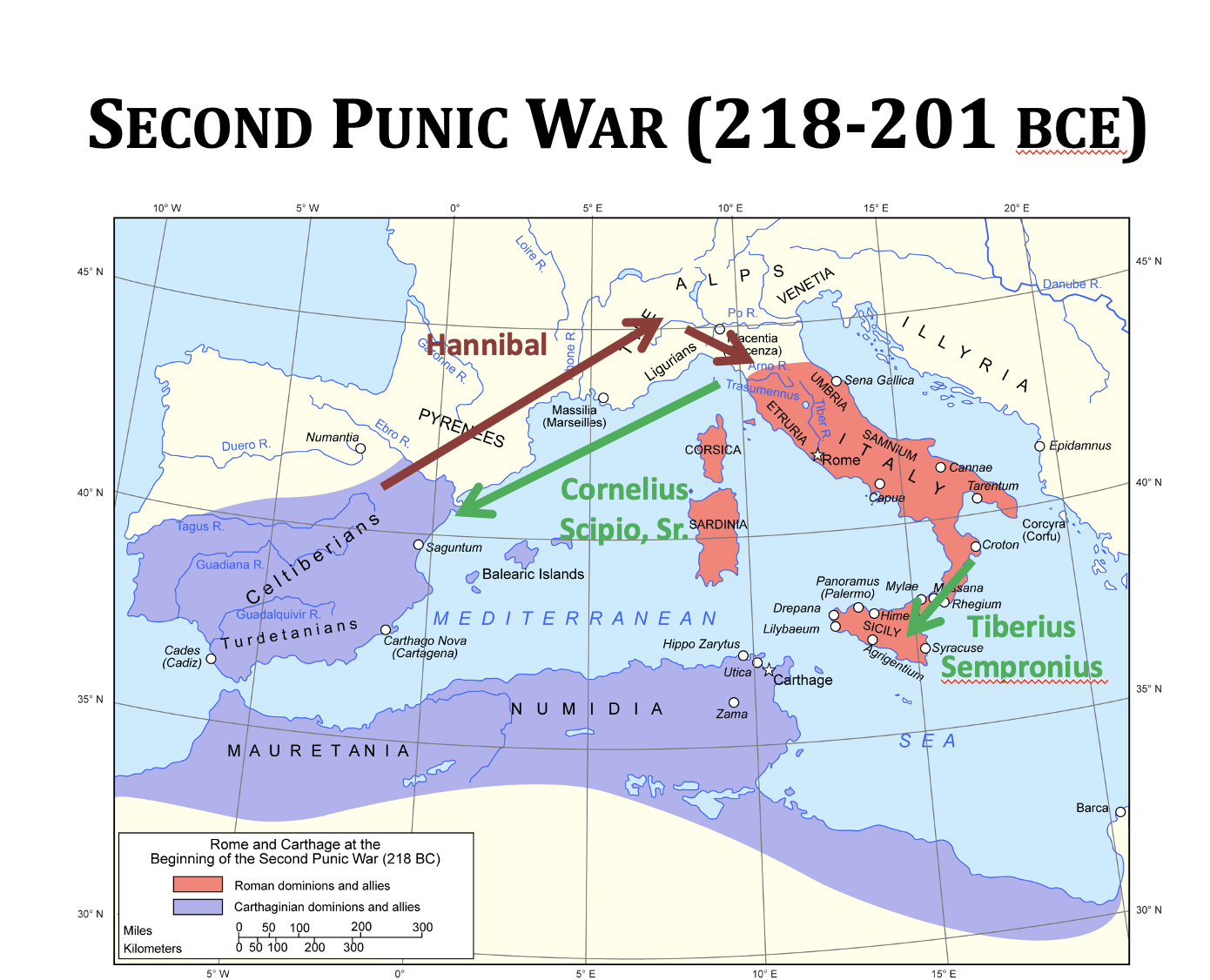
Roman Expansion
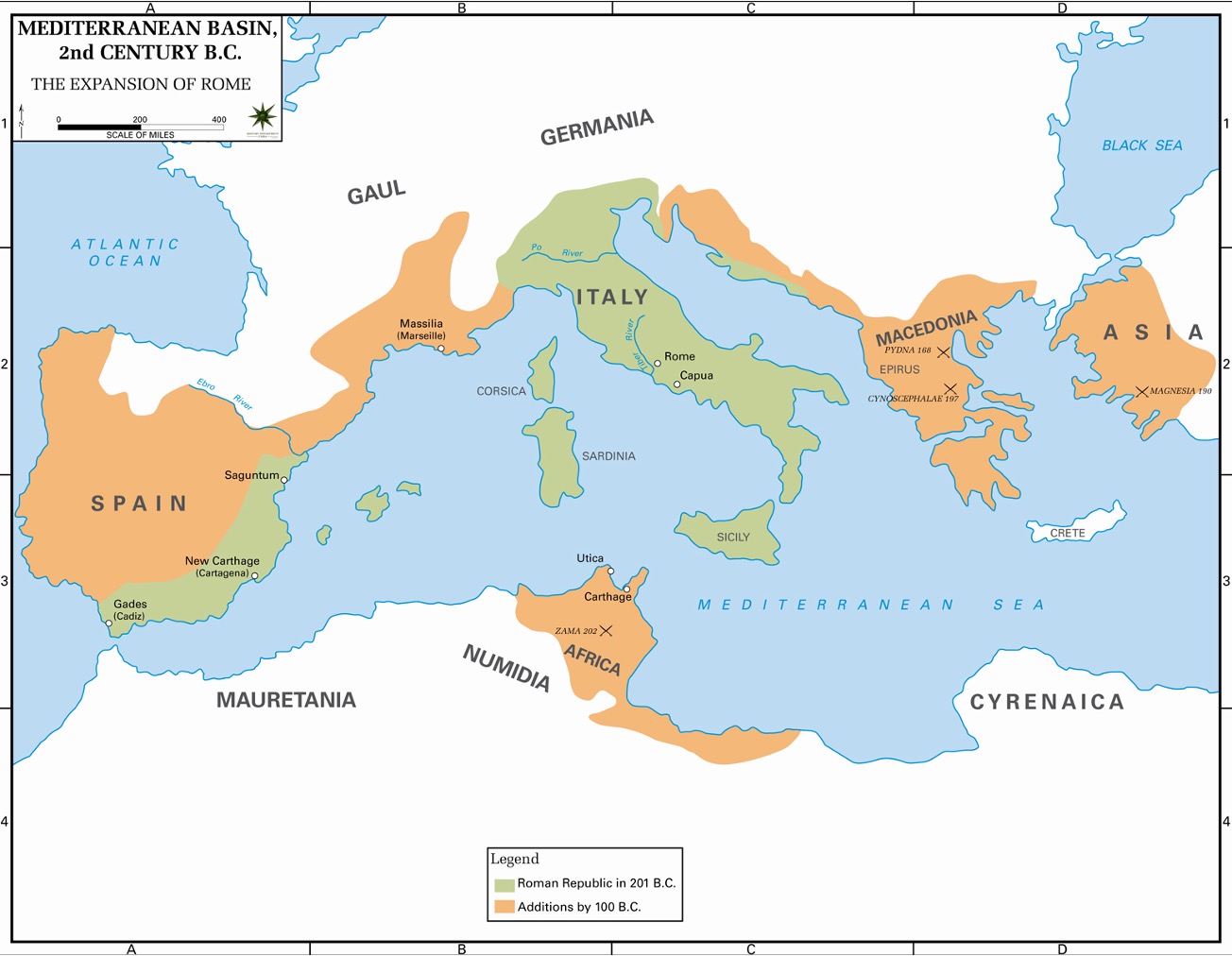
Rome's Enemies
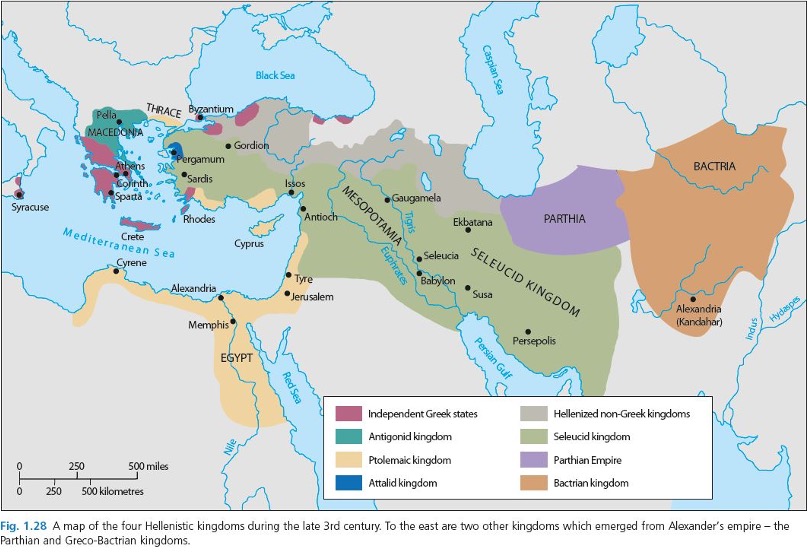
⬅️ Roman Towns, Houses and Villas
Colonies
City is a large town. Colony is a group of people who leave their native country to form in a new land a settlement subject to, or connected with, the parent nation. Invariably involves displacement of original inhabitants. Villa is a large country estate. Origin of the word 'village'.
The Latin League
Military alliance of Latin cities with Rome. Formalized as the Foedus Cassianum ('treaty of Cassius'). Romans and Latins founded joint colonies that became independent members of the League.
Latin Rights
- Commercium - Right to own Roman land, slaves, cattle, and to inherit from Romans.
- Conubium - Right to intermarry with Roman citizens.
- Ius migrandi - Right to live in Roman territory.
Life in Rome
- Patricians: Descendants of Romulus' original 100 senators.
- Equestrians/Knights: Descendants of Servius Tullius' original cavalry centuries. Consisted of those who could afford to maintain horses.
- Plebeians/Plebs: All other citizens
Marcus Tullius Cicero 106-43 BCE:
- Lawyer, orator, politician and writer.
- Novus homo from a plebeian family.
- Quaestor in 75, praetor in 66, consul in 63, governor of Cilicia in 51.

- Roman Male Name:
- Praenomen: first name
- e.g. Marcus, Lucius, Publius
- Nomen: clan name
- e.g. Cornelius, Tullius
- Cognomen: family name
- e.g. Cicero, Scipio, Cato
- Agnomen: honorary name
- e.g. Africanus
Citizens only!
The Roman House
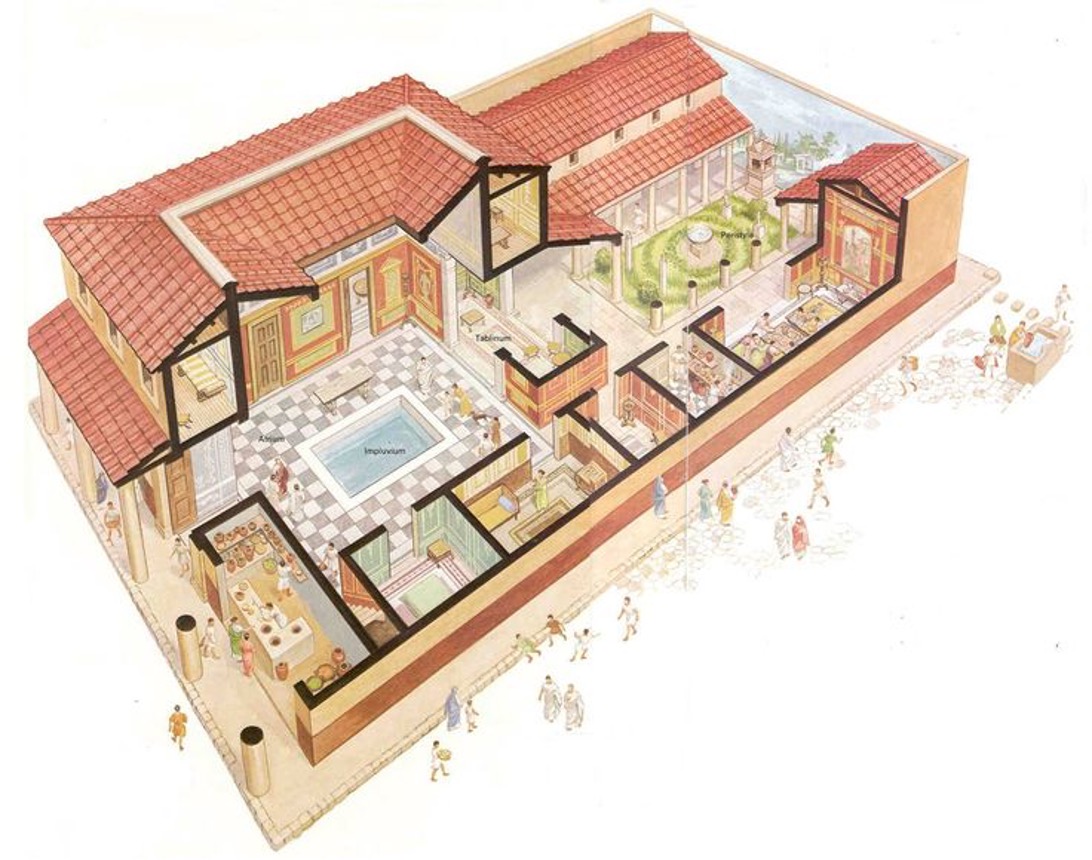
The "Paterfamilias" is the Head of the household. The person had legal authority over all living family members, regardless of age, except for women who had entered other families through marriage, plus slaves. The person owned all family property. The person also is only member of the family who could initiate legal action. When he died, each individual son would become his own Paterfamilias.
"Paterfamilias" had the right to:
- Acknowledge a child as his offspring.
- Approve marriages.
- Compel divorces.
- Assign heirs.
- Kill his children or sell them into slavery.
Women usually married between ages 15 and 20. Men usually married around 25. But life expectancy was low. So two-thirds of 25-year-old Romans no longer had a living father, and were therefore their own "Paterfamilias".
Forms of Roman Marriage
Cum manu 'with hand':
- Oldest form of Roman marriage.
- Woman became subject to her husband's paterfamilias.
- Only the husband could initiate divorce.
- Dowry became part of her husband's family's property.
Sine manu. 'without hand':
- Developed in the mid-republic and became increasingly common thereafter.
- Woman remained subject to her paterfamilias.
- Either party could initiative divorce.
- Woman retained control of her dowry.
Childhood:
Citizen boys wore a purple stripe toga. Manhood began at 14, when he went to the forum for his first shave. Wealthy boys were educated by tutors, usually by a slave called a paedagogus, or in private schools. Wealthy girls were occasionally educated at home.
Patrons and Clients:
- Relationship between someone of lower (client) and higher (patron) social standing.
- Clients greeted the patron at his house every morning, and then accompanied him to the forum.
- Patrons invited clients to dinner and gave them gifts of money.
Dionysius of Halicarnassus said... Patrons had to: “to explain to their clients the laws; “doing everything for them that fathers do for their sons with regard to money; “to bring suit on behalf of their clients when they were wronged; “to defend them against any who brought charges.” Clients had to: “to assist in providing dowries for their daughters; “to pay their ransom to the enemy if any of them or of their children were taken prisoner; “to discharge out of their own purses their patrons' losses in private suits and the pecuniary fines which they were condemned to pay to the State; “to share with their patrons the costs incurred in their magistracies and dignities and other public expenditures.”
Roman Virtues
- Concordia: The quality of living in harmony with one's family, especially one's spouse.
- Gravitas: Seriousness, solemnity, wisdom and proverbial weightiness.
- Pietas: Showing proper respect to the gods and to one's father.
Slavery
- One third of Rome's population were slaves by the 1st cen. BCE.
- Performed manual labor, served as household servants, worked in factories, served as secretaries and accountants.
- Owned outright and had no legally recognized rights.
- Sometimes permitted to make their own money - called peculium.
- Sometimes also permitted common law marriages.
- Could be tortured in order to provide evidence in court cases.
- Could be freed by their masters, becoming freedmen.
Coinage in the Republic
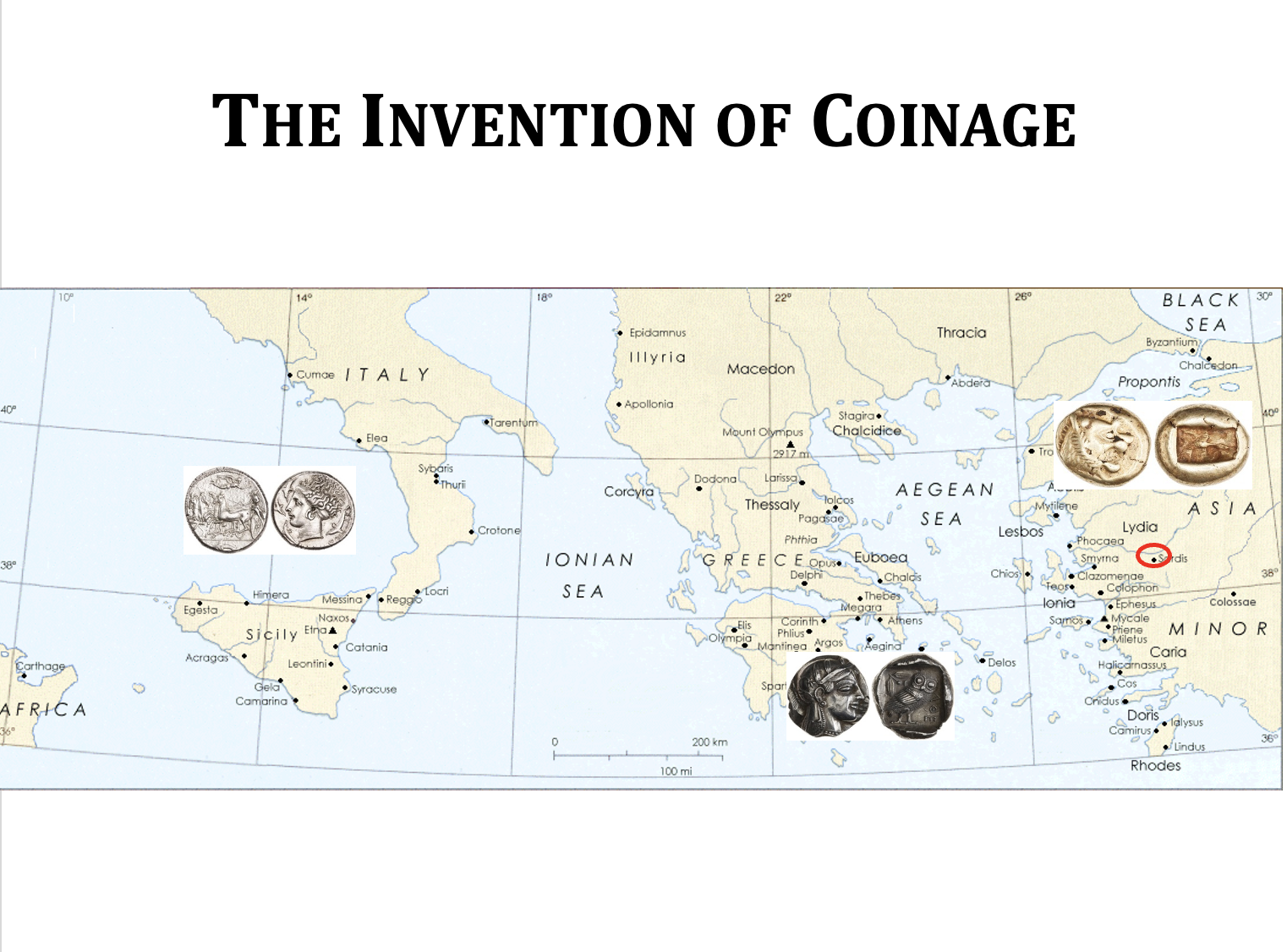
Definitions
Coin is a piece of metal (or, rarely, of some other material) certified by a mark or marks upon it to be of a definite exchange value, and issued by governmental authority to be used as money; also, such pieces collectively.
Money is a means of exchange if people make payments for goods and services; it is a means of payment, if people pay taxes, rents and penalties; it is a store of value, if people keep it in a treasure box, display it at home, or put it in a bank account; and it is a unit of account, if people compare the value of different goods on the basis of that medium, or account for debts, future payments, and so on.
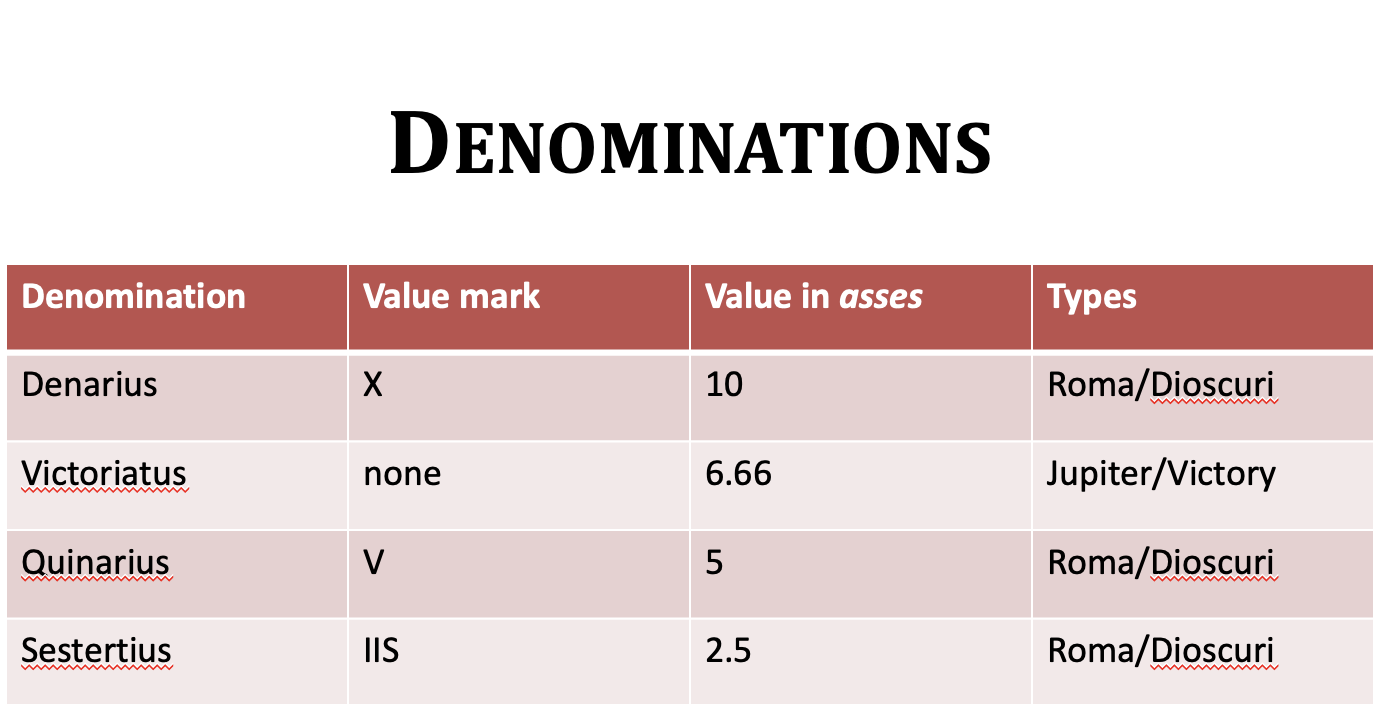
The Denarius. Plural denarii. From Latin deni, meaning 'having ten,' because it originally equaled 10 asses. Many etymological descendants: Currencies: dinar (common currency in Arab and Slavic countries), denar (Macedonia), denier (old French coin) Words for money: denaro (Italian), dinero (Spanish), dinheiro (Portuguese), denar (Slovene), diner (Catalan) 'Penny' may even derive from Latin deni.
Mint Organization. Minting overseen by IIIviri monetales ('three money men'). Became the IVviri monetales ('four money men') in 44 BCE. Minting took place at or near the Temple of Juno Moneta at the citadel of the Capitoline Hill. Hence 'money'.
⬅️ Roman Religion
What is religion, anyway?
Sacra et auspicia = 'cults and divination' (Cicero) Cult: a particular system of religious worship, especially with reference to rites and ceremonies. Divination: the practice of attempting to foretell future events or discover hidden knowledge by occult or supernatural means. Augury -> Prophecy.
The Nature of Roman Religion
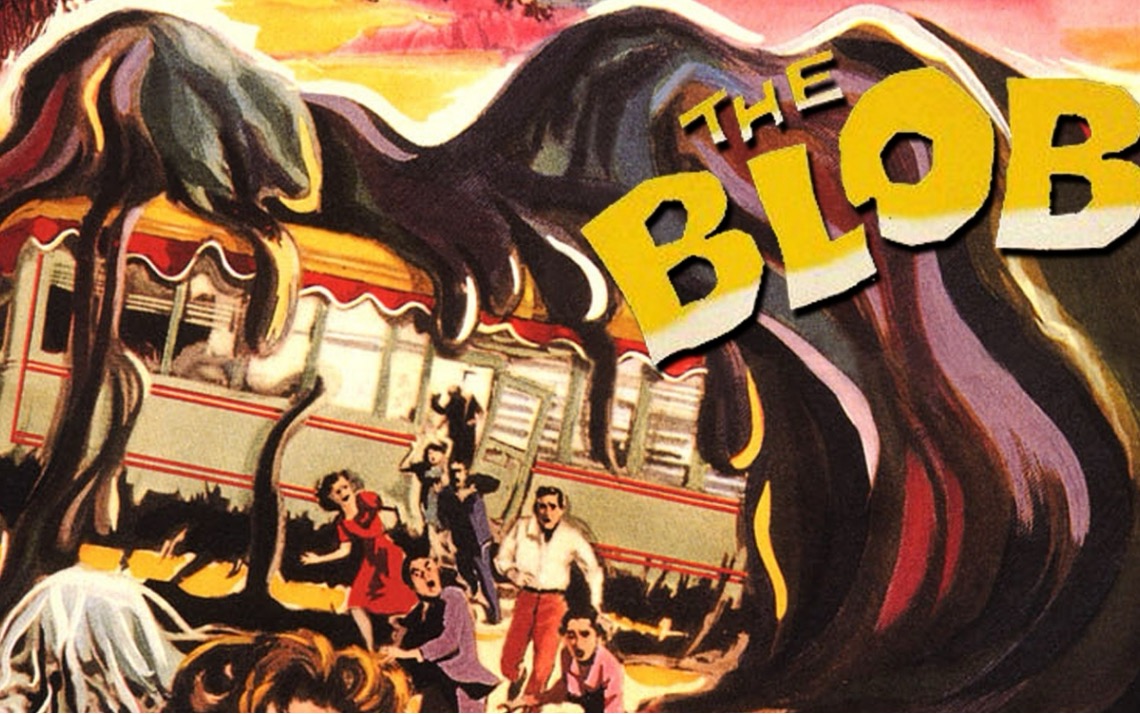
The Olympian Gods (Latin - Greek Name):
- Jupiter (Zeus)
- Juno (Hera)
- Vesta (Hestia)
- Ceres (Demeter)
- Venus (Aphrodite)
- Mars (Ares)
- Minerva (Athena)
- Neptune (Poseidon)
- Vulcan (Hephaestus)
- Apollo
- Diana (Artemis)
- Mercury (Hermes)
- Pluto (Hades)
Jupiter. Or 'Jove':
- Descendant of Indo-European god Dyeu-pater = 'Sky Father'.
- So was Zeus.
- Sky god, controller of thunder.
- Dominant god of the Roman pantheon.
- Temple of Jupiter Optimus Maximus on the Capitoline Hill.

Ceres - Ancient Italian fertility goddess:
- Hence the word 'cereal'.
- Attested as early as 600 BCE in Faliscan inscription.
- Cult established on Aventine Hill in 494/3 BCE.
- Temple was the base for the Tribunes of the Plebs.
- Only associated with Demeter in the late 3rd cen. BCE through Greek influence from Magna Graecia.
- Priestess of Ceres was the only female public official in Rome.
Mars - God of war and agriculture:
- Father of Romulus and Remus?
- Worshipped outside the city at the Campus Martius ('field of Mars') where Romans mustered for battle.

Hence modern phrases: 'Martial Art', 'Martial Prowess', 'Martial Spirit', 'Planet Mars', 'Month of March'.
Saturn - Sabine Equivalent (?) later equated with the Greek Cronus:
- Associated with agriculture and wealth.
- Considered the father of Jupiter.
- Temple in Rome near the Capitoline Hill.
- Festival of Saturn ('Saturnalia') on December 17.
- Time of freedom and role and reversal.
Janus - God of archways, doorways, beginnings and endings:
- January named after him.
- Usually first god invoked.
- Temple doors left open in times of war.
- Priests of Janus were 'doorkeepers' or 'Janitors'.
Pontifex Maximus: Head of the college of priests in Rome:
- Instituted by Numa Pompilius (supposedly.)
- Supervised temples, religious rituals, burial rules, calendars, divination, marriages, etc.
Roman Priests:
- Most priests were part time and held other positions.
- Exceptions: Vestal Virgins and the Flamen Dialis (priest of Jupiter).
- Fetiales: priests tasked with making divinely sanctioned declarations of war.
The Roman Army
The Campus Martius - 'Field of Mars':
Originally lay outside the boundaries of the city of Rome. Mustering place for the Roman army.
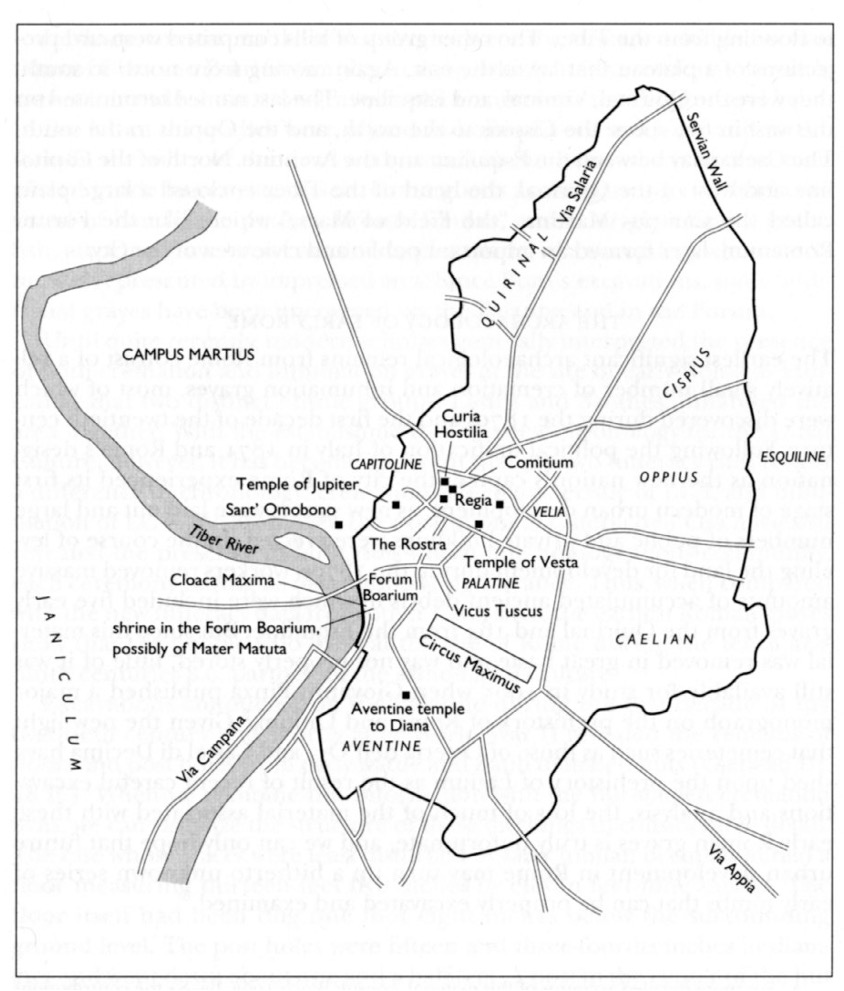
Roman Social Orders:
Patricians - Descendants of Romulus' original 100 senators. Equestrians/Knights - Descendants of Servius Tullius' original cavalry centuries. Consisted of those who could afford to maintain horses. Plebeians/Plebs - All other citizens.
Centuries:
King Servius Tullius supposedly organized Roman male population into 193 centuries. Each century had 100 men (in theory)- Commanded by a centurion. But most centuries consisted of the wealthy.
Hoplites - From Greek ὅπλον (hoplon), the large round shield.
Other equipment included:- Spear (hasta)
- Helmet
- Cuirass
- Greaves
All typically purchased, owned, and maintained by individual soldiers.
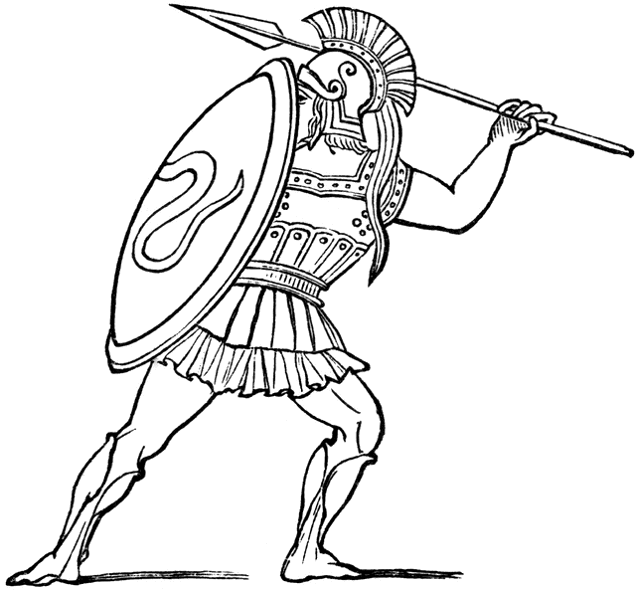
Legions:
- Introduced during or after the Samnite Wars (343-341 and 326-304 BCE).
- Consisted of 'maniples' (Latin for 'handfuls') each with 2 centuries of about 60 men.
- Hoplon replaced with scutum; hasta (spear) replaced with pilum (javelin).
- Legionaries were property-owning citizens; others were conscripted only during emergencies.
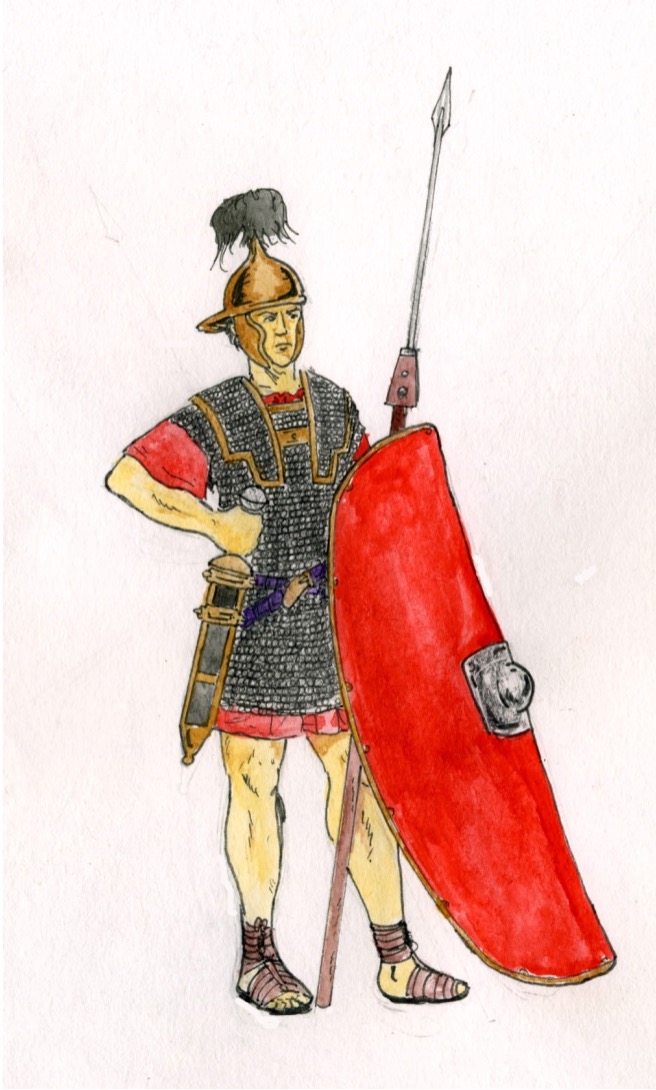
Gaius Marius c. 157-87 BCE:
Consul 7 times! Long military career, serving in the Balearics, Transalpine Gaul, Hispania (Modern Spain), and Numidia.Marius' Reforms:
- New training in the form of gladiatorial games.
- Introduction of a new javelin.
- New requirement to carry 'two weeks' provisions.
- Replacement of the maniple with the cohort.
- Use of the eagle standard.
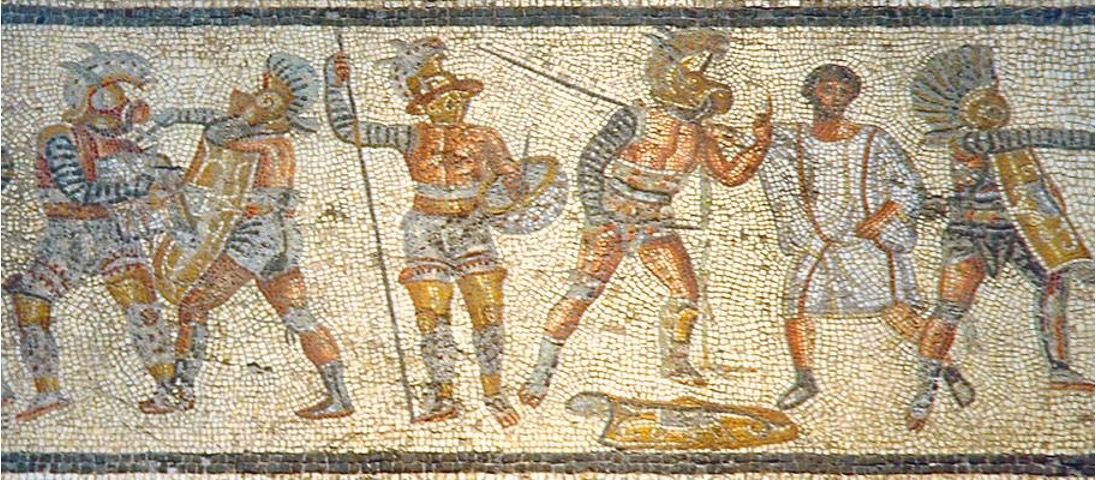

Javelin. “As to the missile weapons of the infantry, they were javelins headed with a triangular sharp iron, eleven inches (279 mm) or a foot long, and were called piles. When once fixed in the shield it was impossible to draw them out, and when thrown with force and skill, they penetrated the cuirass without difficulty.” - Vegetius
Provinces and Proconsuls. Formation of new provinces:
- Illyricum
- Macedonia
- Achaea
- Asia
- Proconsul
- Propraetor
Land and Power
The Census:
- Made every 5 years.
- All adult male citizens had to register themselves and their wives, children, other dependent relatives, and slaves.
- Also had to list all property and its value.
- Similar censuses performed in allied Italian cities.
- Provided basis for levying armies.
Ager Publicus. = 'public farmland':
- Usually acquired as a result of conquest.
- Opened up for rental by citizens after the end of colonization in the first half of the 2nd cen. BCE.
- Theoretically limited to 500 iugera (125 hectares) per citizen.
- But many wealthy people held more than this, and farmed this land with slaves.
“Later, however, their rich neighbors began to transfer the leases to themselves under fictitious names, and then end up by blatantly owning most of the land in their own names. The dispossessed poor lost any interest they might have had in performing military service, and could not even be bothered to raise children, with the result that before long there was a noticeable shortage of free men for hire, while the place was teeming with gangs of foreign slaves, whom the rich used to cultivate their land instead of the citizens they had driven away.” - Plutarch, on Tiberius and Gaius Gracchus' observation.
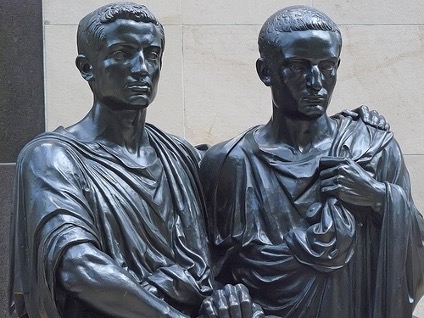
Tiberius Gracchus:
Served in Third Punic War and in Spain in 137. Elected tribune in 133. Proposed a law to set up a commission to survey and redistribute the ager publicus.
Tribunes:
Elected officers of the plebs. Sworn to protect the plebs against abusive magistrates. In return the plebs swore to protect the tribunes. Had veto power over the senate.
The Senate - From senex = 'old man':
Believed to have been founded by Romulus. Originally an advisory body. Former magistrates became senators. Usually had to approve laws before they could be voted on by the assembly. Met in the Curia.
Gaius Gracchus:
Served in Spain and Sardinia. Elected tribune in 123; reelected in 122. Proposed to reenact Tiberius' land commission law. Established a grain dole in Rome for the urban poor. Farmed taxation of the province of Asia to the equestrians. Established special courts for extortion cases judged by equestrians. Proposed citizenship for Latins and Latin rights for Italians.
In summary. Roman countryside depleted by:
- Wars abroad.
- Immigration to Rome.
- Army recruitment suffered as a result.
- Colonization alleviated this somewhat.
- But the Italian peninsula was getting full.
- Tiberius Gracchus proposed opening up ager publicus to the people.
- Opposed by Senate and Marcus Octavius.
- Gracchus had Octavius deposed.
- Senate denied funded; Tiberius proposed using the Attalid bequest.
- Murdered by a group of senators.
- Gaius Gracchus proposed renewing the law.
- And created the grain dole, farmed out Asian tax collection, and established new courts.
- Murdered by the consul.
Roman Political Factions:
Optimates - Supporters of senatorial power:
Usually members of the patrician class.
Populares - Supporters of reforms favoring plebeian interests:
Included many aristocrats and senators, as well as novi homines (new men).
⬅️ Civil Wars, Part I: Marius and Sulla
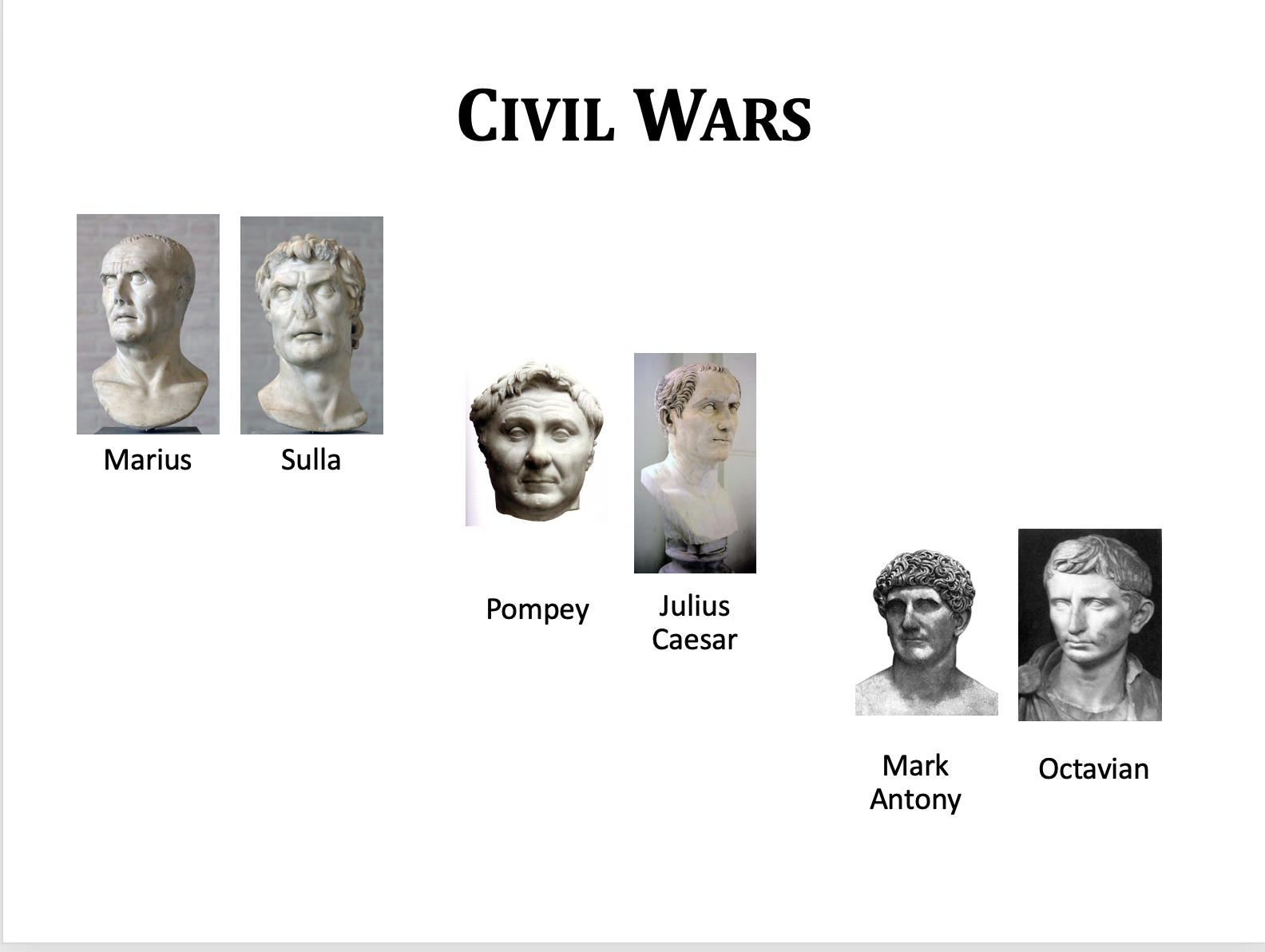
Roman Political Factions:
Optimates. Sing. optimatis:
- Supporters of senatorial power.
- Usually members of the patrician class.
- E.g. Sulla.
Populares. Sing. popularis:
- Supporters of reforms favoring plebeian interests.
- Included many aristocrats and senators, as well as novi homines (new men).
- E.g. the Gracchi, Marius.
Gaius Marius. c. 157-87 BCE:
- Served in the siege of Numantia in Spain in 134-3 and in the Balearic Islands in 124.
- Quaestor in Transalpine Gaul in 122.
- Tribune of the Plebs in 119.
- Praetor of Further Spain in 115.
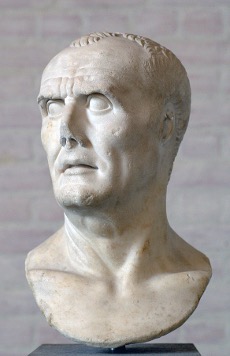
Lucius Cornelius Sulla. 138-78 BCE:
- Member of a patrician family.
- Quaestor in 107.
- Served in the Jugurthine War under Marius.
- Persuaded King Bocchus of Mauretania to betray his son-in-law Jugurtha.
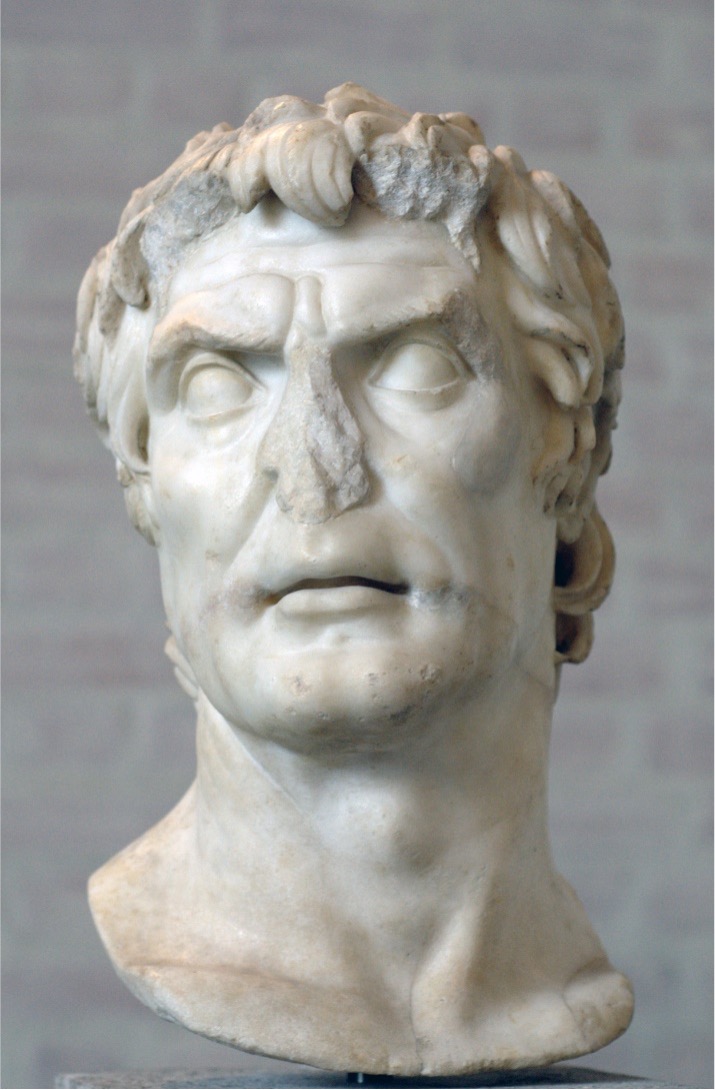
Marius vs. Sulla
Sulla given command of the war against Mithradates. Marius allied with a tribune and the tax farmers to assign himself the command. Sulla rallied his army in Campania and marched on Rome. Marius and his allies were banished; Sulla's command was restored.
Marius' Coup
While Sulla was in Greece, the consul L. Cornelius Cinna proposed to reorganize the voting blocs. Opposed by his co-consul Octavius. Cinna recalled Marius from exile; Marius raised an army of freed slaves and marched on Rome. Marius and Cinna became consuls and began murdering their opponents. Many people fled to Sulla's army in Greece. Marius died in 87 BCE, just after taking office. Cinna suspended the constitution and was the primary ruler of Rome until 84.
Sulla's Return
Landed his army at Brundisium in 83 BCE. Defeated the consul Gaius Norbanus in Campania. Besieged the forces of Gaius Marius, Jr., at Praeneste, near Rome. Populares began killing optimates in Rome. Sulla defeats the last of the populares outside the Colline Gate of Rome in 82.
Sulla the Dictator - Appointed dictator in 82 BCE:
Posted 'proscription', lists of political opponents. who could be murdered with impunity and whose property was sold at low prices. The optimates acquired most of this property. Such as Crassus, the future triumvir. Lists overseen and manipulated by Sulla's freedman Chrysogonus.
Settled his veterans in new colonies in Italy. Increased the Senate to 600 members. Limited the rights of tribunes. Could no longer propose laws without the approval of the Senate. Like Tiberius Gracchus did. Made former tribunes ineligible for other magistracies. Replaced Equestrian judges with Senators. Established a court to punish magistrates who waged war without permission or who brought their armies into Italy like he had done himself. Gave himself the agnomen 'Felix' = 'fortunate'.
Resigned the dictatorship in 81 BCE: Became consul in 80. Retired to Campania in 79. Died in 78.
Outcome:
- Consuls could be reelected.
- Soldiers more loyal to their generals than to the republic.
- Violence was now a standard means for achieving political goals.
Civil Wars, Part II: The First Triumvirate
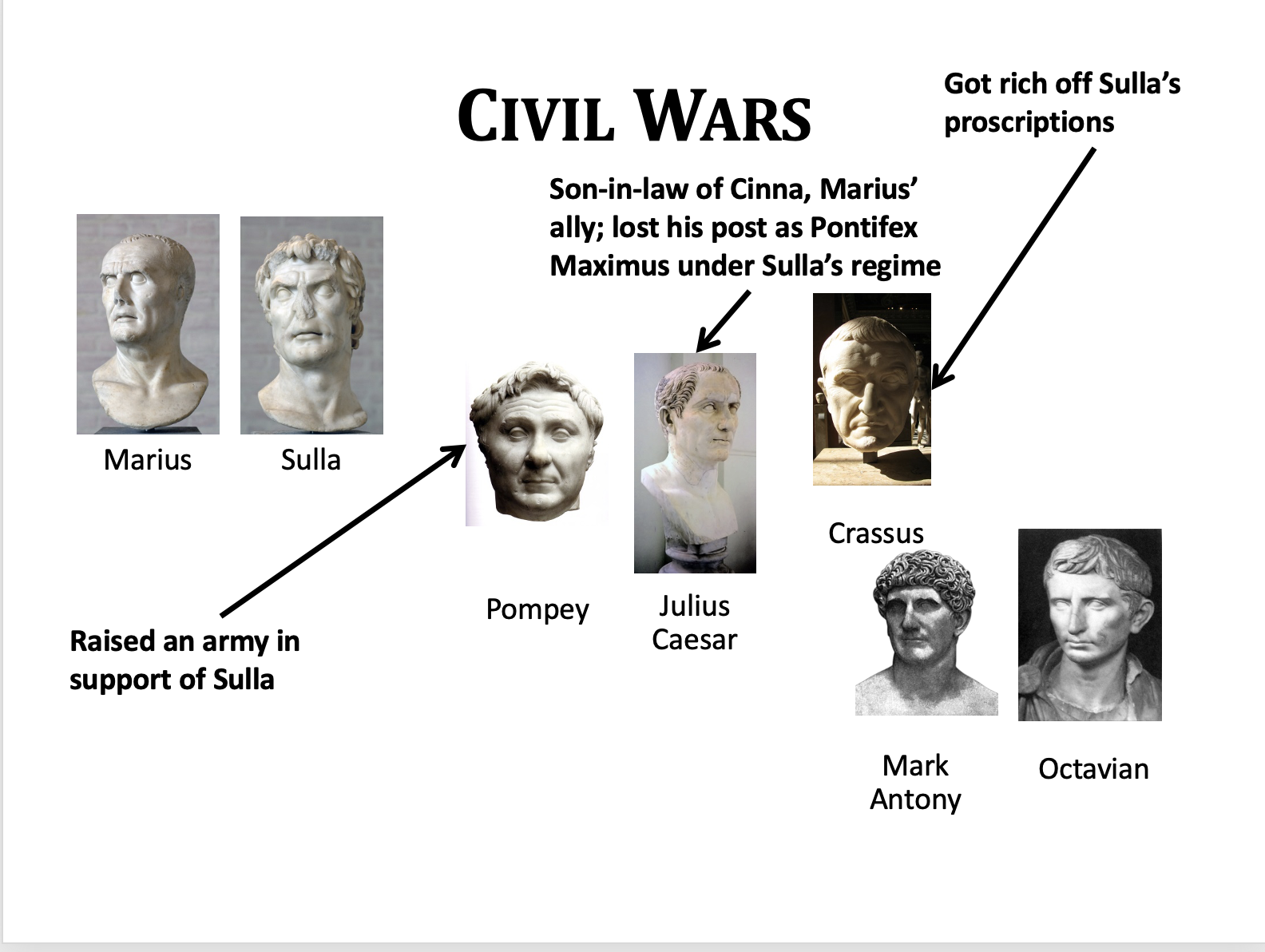
Pompey - Gnaeus Pompeius Magnus (Latin Name) c. 106-48 BCE:
- Served in the Social War under his father.
- When Sulla returned to Italy, Pompey raised three legions to support him.
- Crushed resistance to Sulla in Sicily and Africa, and demanded a triumph, even though he held no office.
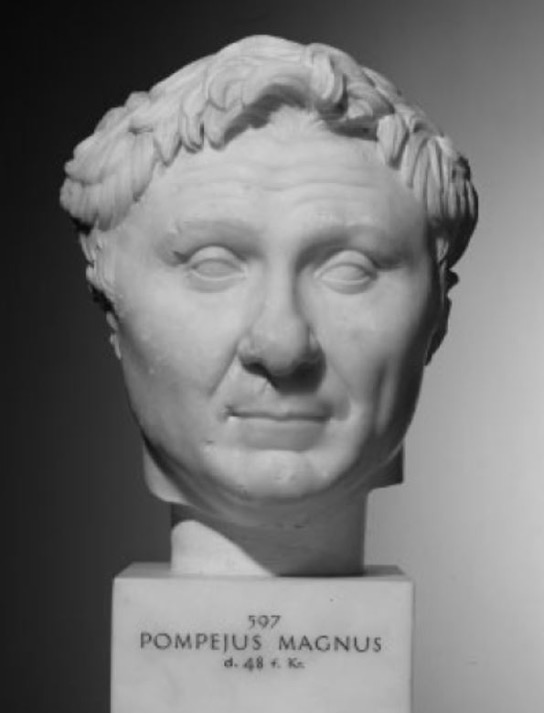
Sulla. Appointed dictator in 82 BCE:
- Proscribed political opponents.
- Increased the Senate to 600 members.
- Limited the rights of tribunes.
- Replaced Equestrian judges with Senators.
- Resigned the dictatorship in 81, became consul in 80, retired in 79, died in 78.
Crassus - Marcus Licinius Crassus (Latin Name) c. 115-53 BCE:
- Supported Sulla during the civil war with Marius.
- Got rich off Sulla's proscriptions and by buying property that was on fire.
- Given the task of quashing Spartacus' revolt.
- Crucified 6000 captured slaves along the Via Appia.
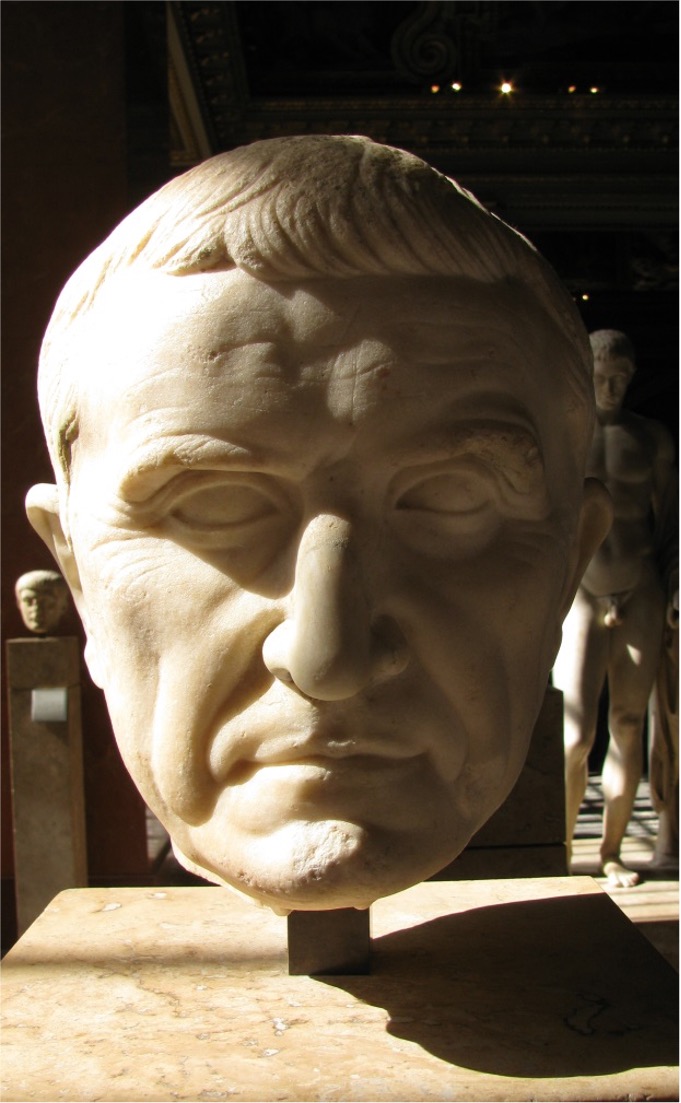
Crassus vs. the Parthians
Nomadic group who conquered the Seleucid province of Parthia c. 238 BCE. Led by Arsaces, whose descendants ruled as kings. Eventually conquered much of the former Seleucid Empire. Famed for the 'Parthian shot'.
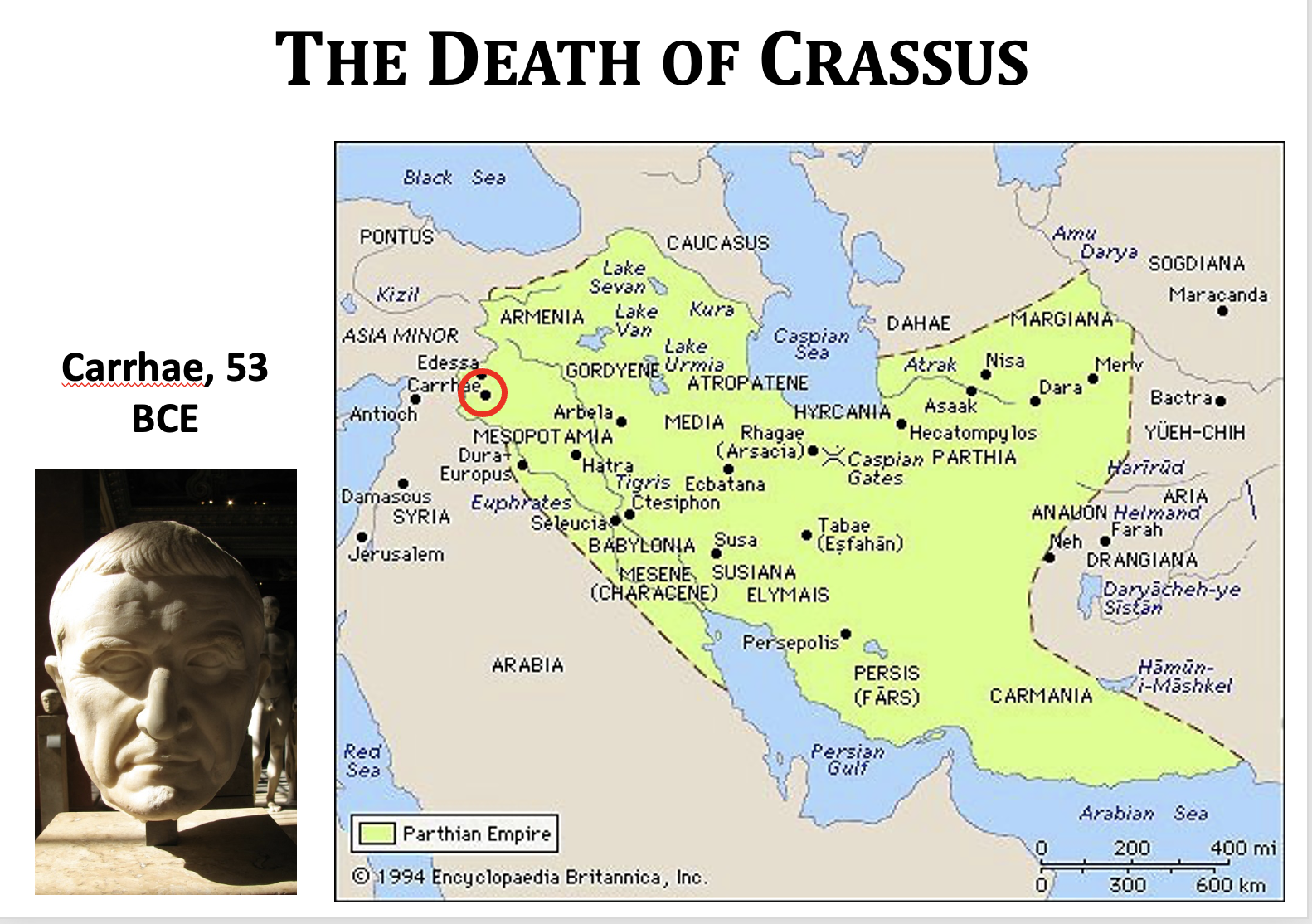
Meanwhile in Rome…
Pompey was given command over the grain supply. Opposed by Crassus. Caesar convinced Pompey and Crassus to run for consul together in 55 BCE. Each would get his own multi-year military command. Caesar would furlough his legions so they could vote. In exchange Caesar's command in Gaul was extended.
Pompey and the Senate
All candidates for consul in 54 BCE were charged with bribery. Had an ally propose to make him dictator and had Cicero appear to oppose. Appointed interrex instead, and oversaw new elections. Cato accused him of “contriving disturbances”. New consuls didn't hold elections at the end of their term. So Pompey was appointed sole consul. Introduced a law requires candidates for consul to stand in person.
Julius Caesar - Gaius Julius Caesar (Latin Name) c. 100-44 BCE:
- From the patrician Julian family.
- Nephew of Marius.
- Quaestor in 69, elected Pontifex Maximus in 63.
- Became consul in 59 with the support of Pompey and Crassus.

Caesar as Consul
Consul in 59 BCE with Marcus Calpurnius Bibulus, a staunch optimatis. But Bibulus eventually refused to leave his house and began issuing decrees based on astrology. Passed Pompey's land bill using violence. Granted Cisalpine Gaul as his province for three years!
Vercingetorix
Aristocrat of the Arveni, living in central Gaul. Made himself king of the Arveni in 52 BCE (and minting coins). Conquered neighboring Gauls. Besieged by Caesar in Alesia and eventually forced to surrender. Spent six years in captivity before his execution.
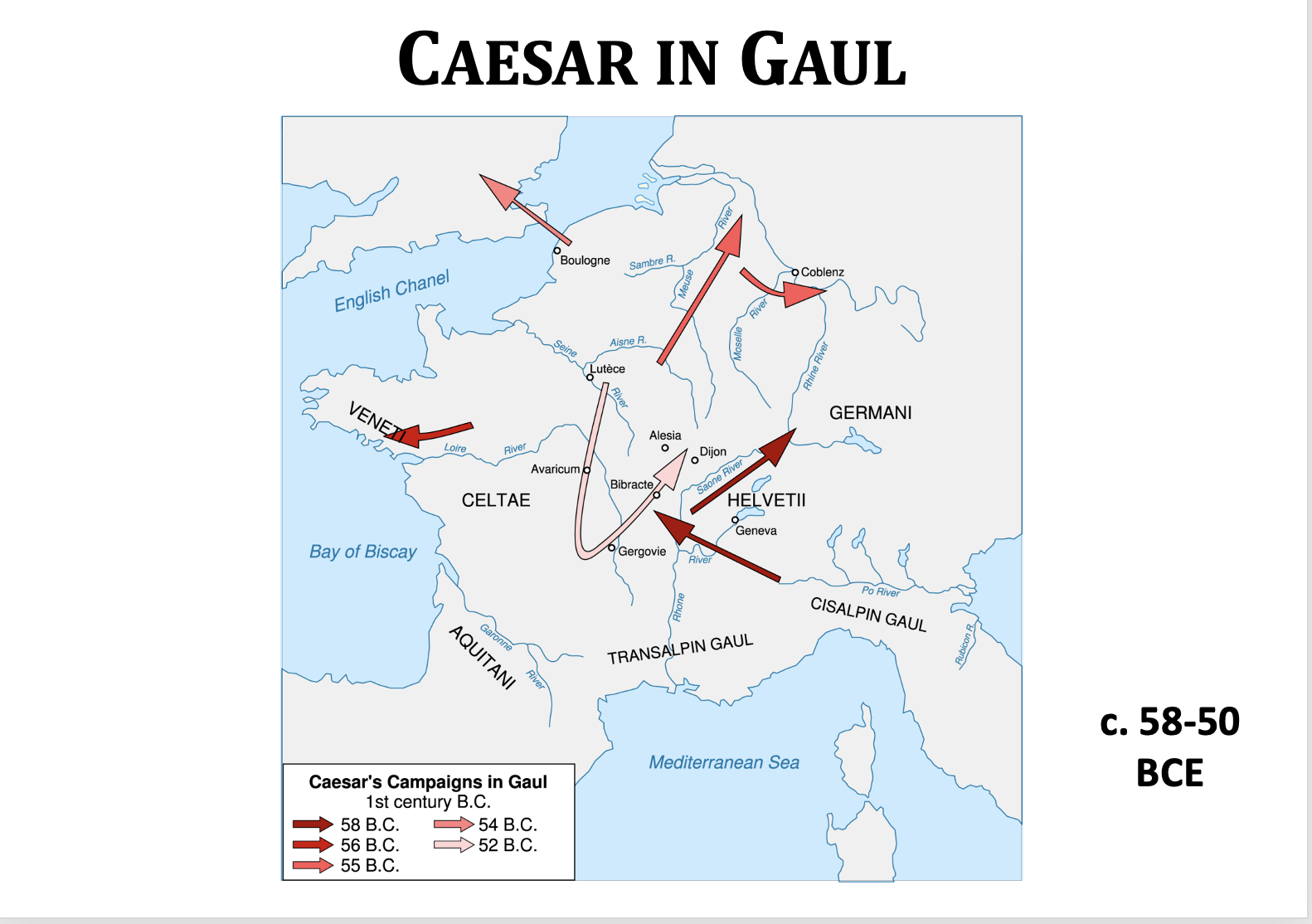
Cicero's Assessment
“The possibilities are as follows: (1) Caesar's candidature may be admitted while he still retains his army either by favor of the senate or of the tribunes. (2) Caesar may be persuaded to hand over his province and army and so become consul. (3) If he be not so persuaded, elections may be held without admission of his candidature, he not obstructing, and meanwhile retaining his province. (4) Should he obstruct this by means of tribunes but not resort to violence, there will be an interregnum. (5) If he brings up his army because his candidature is not accepted we must fight him.” - Cicero, Letters to Atticus 7.9.2 (50 BCE)
“The die is cast”
Caesar march on Rome!
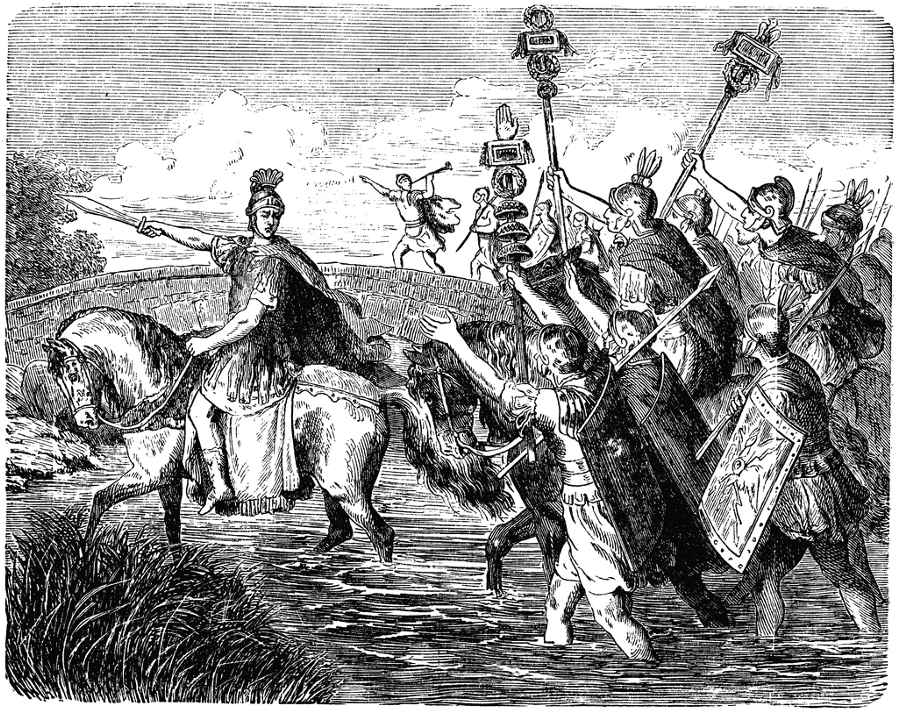
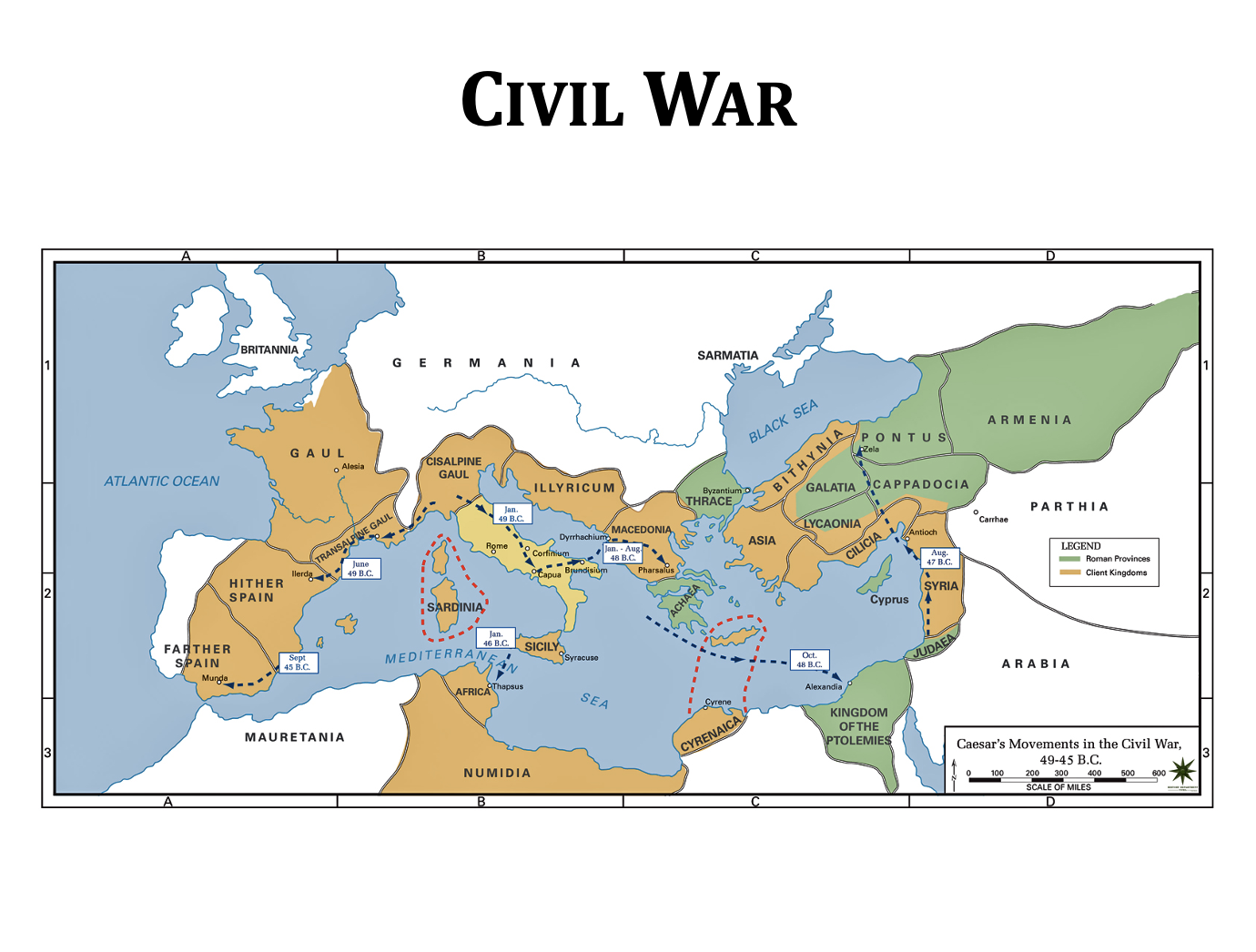
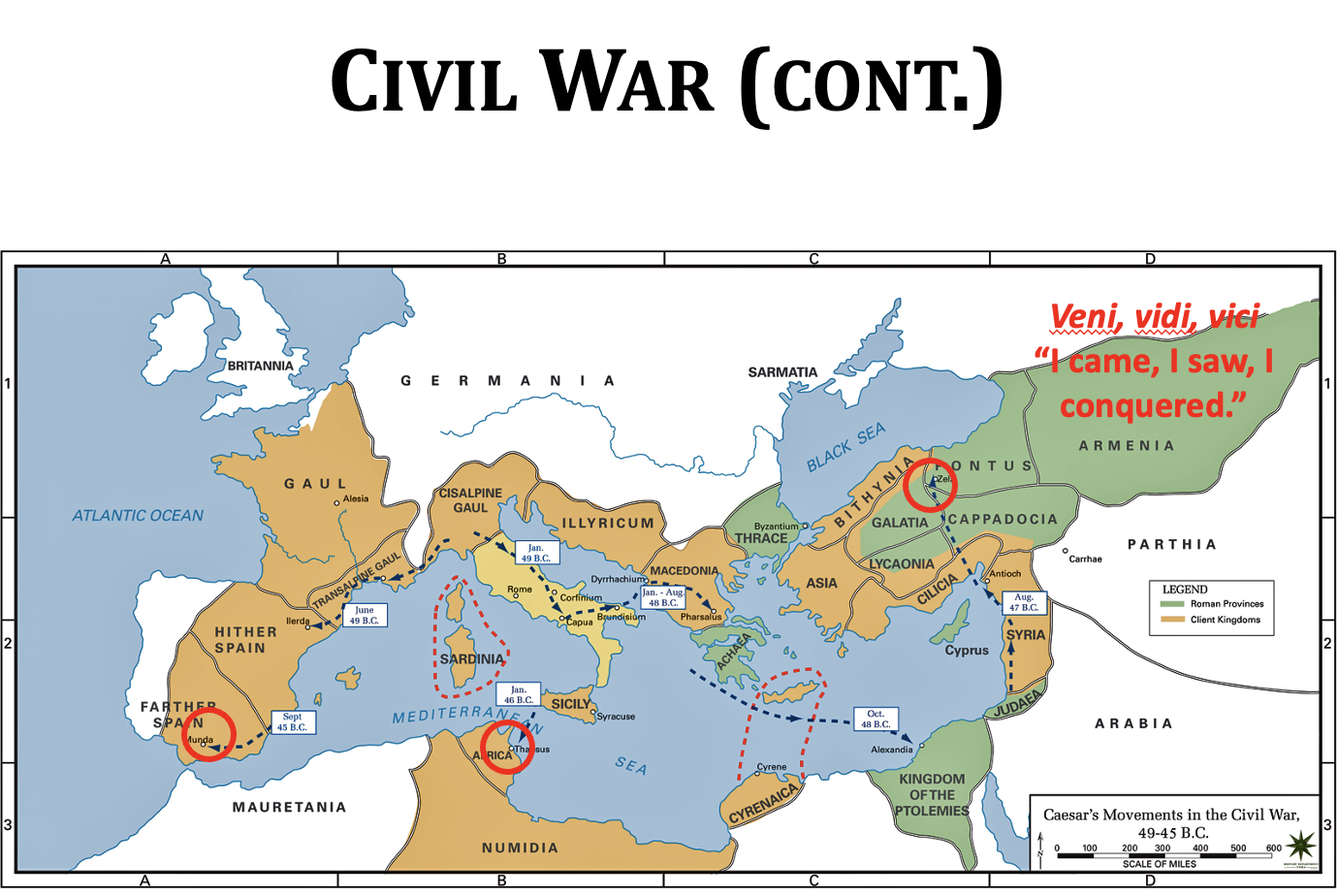
Sources:
- Contemporary
- Caesar himself
- Gallic Wars
- Civil War
- Cicero
- Letters
Later (but still ancient):
- Suetonius - Life of Caesar
- Plutarch - Life of Caesar
- Appian - Civil Wars
- Cassius Dio
Pharsalus
Caesar crossed the Adriatic to the Dalmatian coast. Blockaded the port of Dyrrhachium, Pompey's main port. But Pompey broke the blockade and Caesar had to march inland to Thessaly. Pompey followed, and attacked Caesar at Pharsalus. Caesar's Gallic War veterans defeated Pompey's forces, despite being outnumbered.
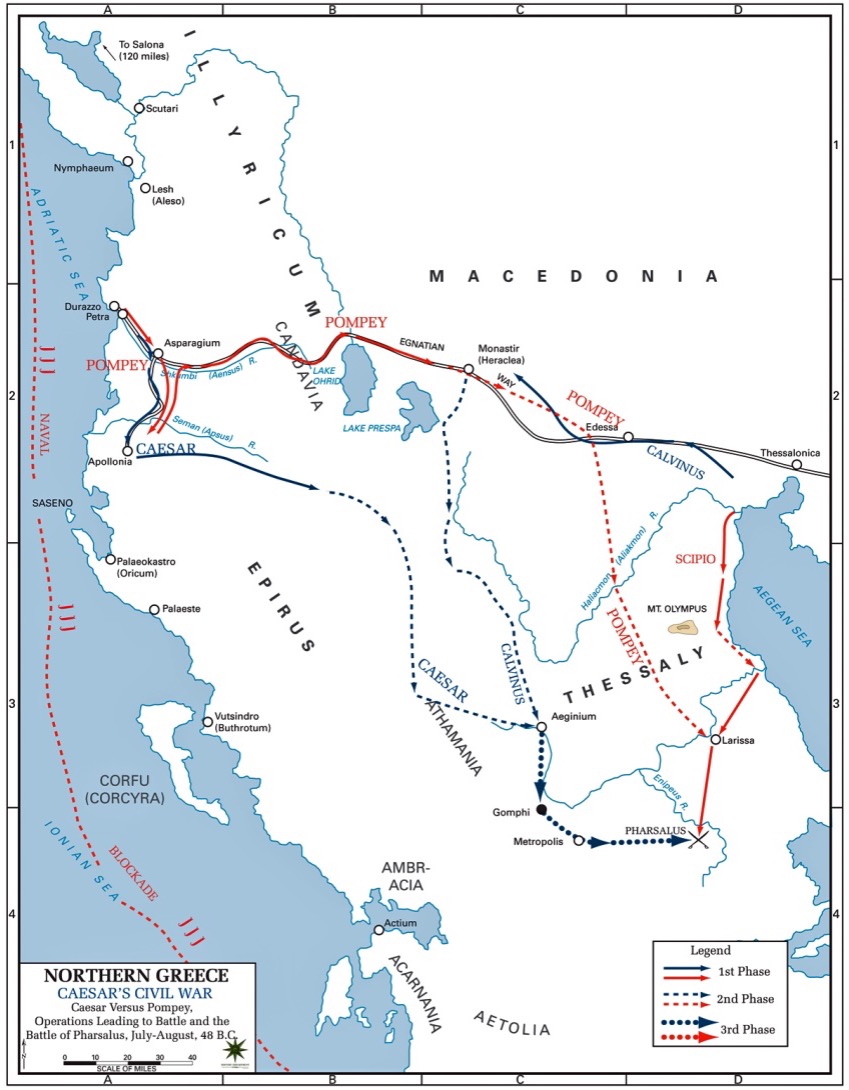
The Death of Pompey (48 bce)
Caesar's New Powers
- After 48 BCE:
- Granted the power to declare war or make peace.
- Also the right to hold the consulship for 5 consecutive years.
- After 46 BCE:
- Dictatorship for ten years.
- Responsible for elections.
- Supervision of public morals.
- After 45 BCE:
- Named 'father of the fatherland'.
- Birthday made a public holiday.
- Month of July named for him.
Dictator for Life (44 bce)
The Death of Caesar Ides of March, 44 BCE.
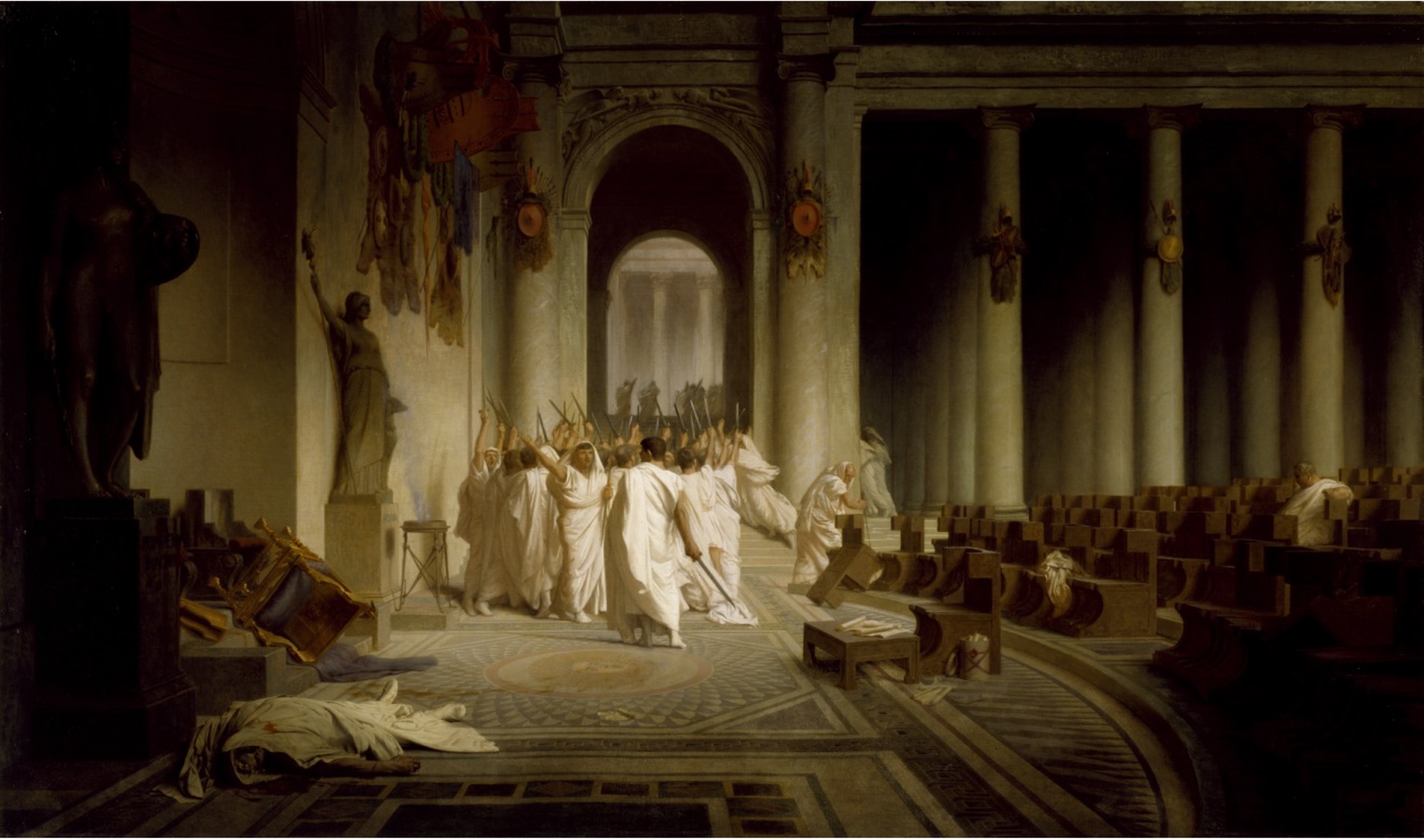
Brutus c. 85-42 BCE:
- Claimed descent from Lucius Iunius Brutus; nephew of Cato the Younger.
- Served under Pompey during the Civil War.
- Pardoned by Caesar after Pharsalus.
- Joined the conspiracy against Caesar in February, 44 BCE.
Mark Antony - Marcus Antonius (Latin Name) c. 83-30 BCE:
- Military career, including in Gaul under Caesar.
- Quaestor in 52, augur in 50, tribune of the plebs in 49.
- Supported Caesar's invasion of Italy and served as his deputy.
- Made consul in 44.
- Delivered a funeral oration for Caesar that roused the people of Rome against the assassins.
Octavian 63 BCE-14 CE:
- Born Gaius Octavius.
- Grand nephew of Julius Caesar.
- Fought with Caesar against Sextus Pompey in Spain.
- Upon Caesar's death he accepted inheritance of his will, and therefore the onus to avenge his killing And his name.
- Hence 'Gaius Julius Caesar Octavianus'.
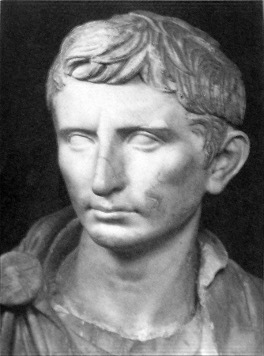
Civil Wars, Part III: Augustus and the End of the Republic
Mark Antony - Marcus Antonius (Latin Name) c. 83-30 BCE:
- Military career, including in Gaul under Caesar.
- Quaestor in 52, augur in 50, tribune of the plebs in 49.
- Supported Caesar's invasion of Italy and served as his deputy.
- Made consul in 44.
- Delivered a funeral oration for Caesar that roused the people of Rome against the assassins.
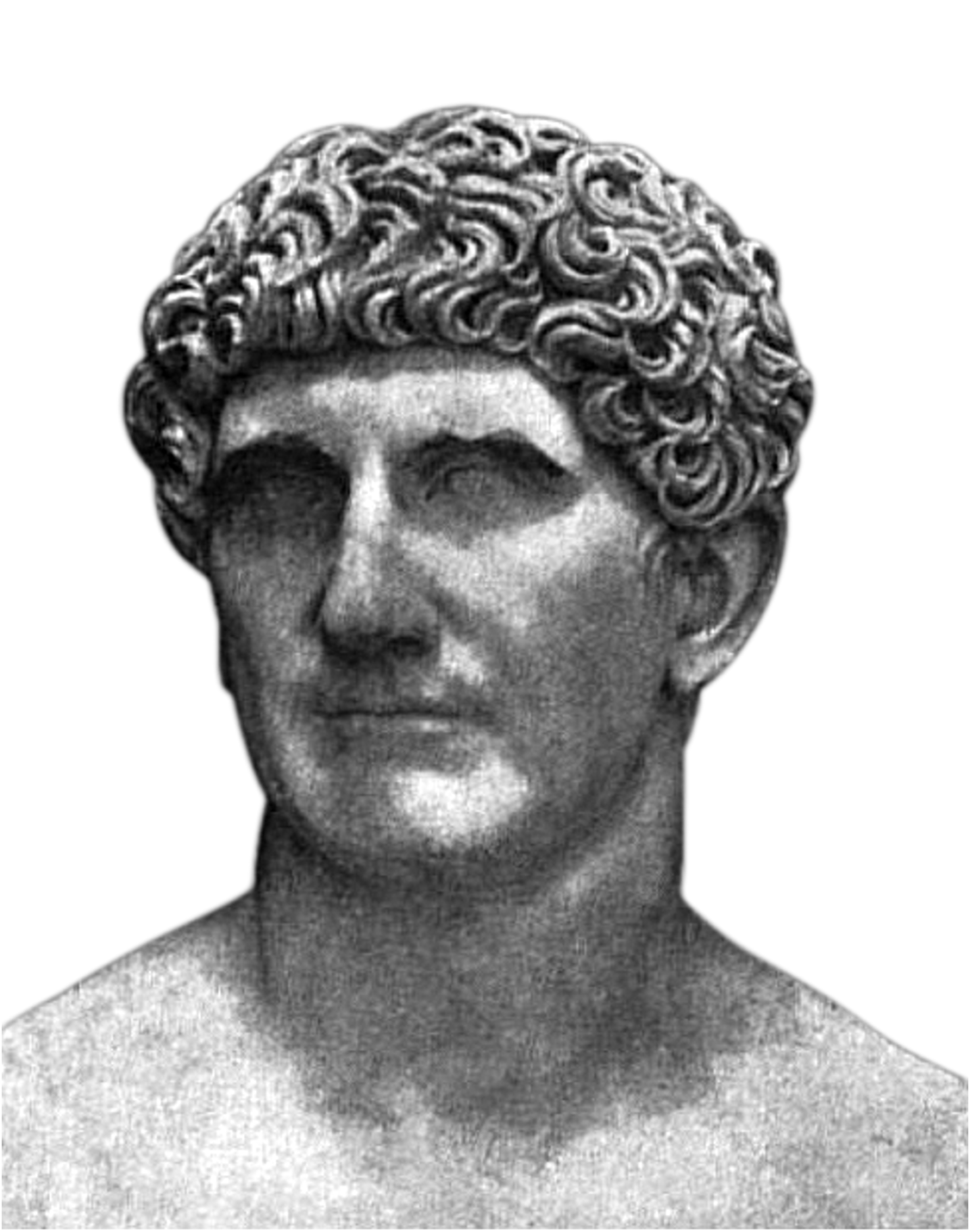
Octavian 63 BCE-14 CE:
- Born Gaius Octavius.
- Grand nephew of Julius Caesar.
- Fought with Caesar against Sextus Pompey in Spain.
- Upon Caesar's death he accepted inheritance of his will, and therefore the onus to avenge his killing And his name.
- Hence 'Gaius Julius Caesar Octavianus'.

The Second Triumvirate
Essentially a three-person dictatorship, effective for 5 years. Officially the 'committee of three for the organization of the state'. Empowered to eliminate Caesar's murderers. Control over elections. Antony and Octavian assigned to fight the war in the east; Lepidus given management of affairs in Italy. Empowered to proscribe political enemies in Rome.
…including Cicero. Had attacked Antony in the First and Second Philippic. Proscribed by the Second Triumvirate. Tried to escape to Macedonia, but was murdered late in 43 BCE. Head and hands were nailed to the rostra in Rome.
Philippi (42 bce)
Brutus, Cassius and other optimates fled to Greece after the death of Caesar. Took control of the Roman legions there and collected taxes. Antony and Octavian crossed over to Greece in 42 BCE. Brutus and Cassius were defeated in two battles at Philippi and committed suicide afterwards.

Cleopatra - Cleopatra VII c. 69-30 BCE:
- Daughter of Ptolemy XII, sister and wife of Ptolemy XIII.
- Supported by Caesar against her brother in 48; they had a son, Ptolemy XV (aka 'Caesarion').
- In 41 Antony spent the winter with her in Egypt; they had twins (Alexander Helios and Cleopatra Selene).

Agrippa - Marcus Vipsanius Agrippa (Latin Name) c. 64-12 BCE:
- Friend and henchman of Octavian.
- Naval genius who helped defeat Sextus Pompeius and win the battle of Actium.
- Responsible for a major construction program in Rome after the civil war.
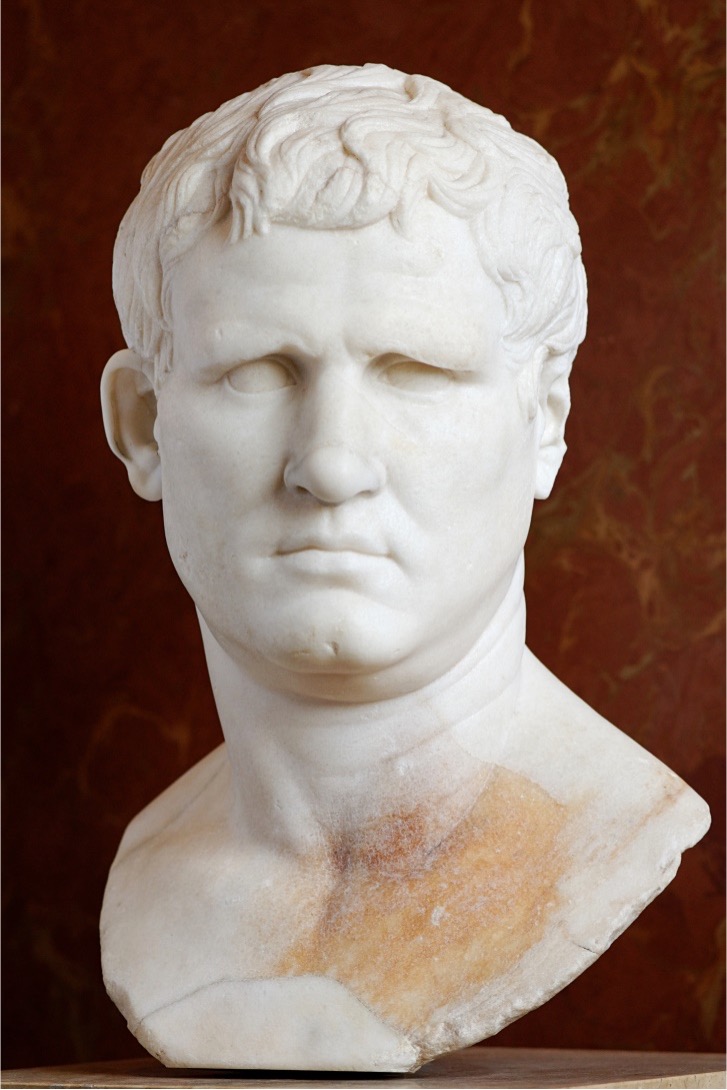
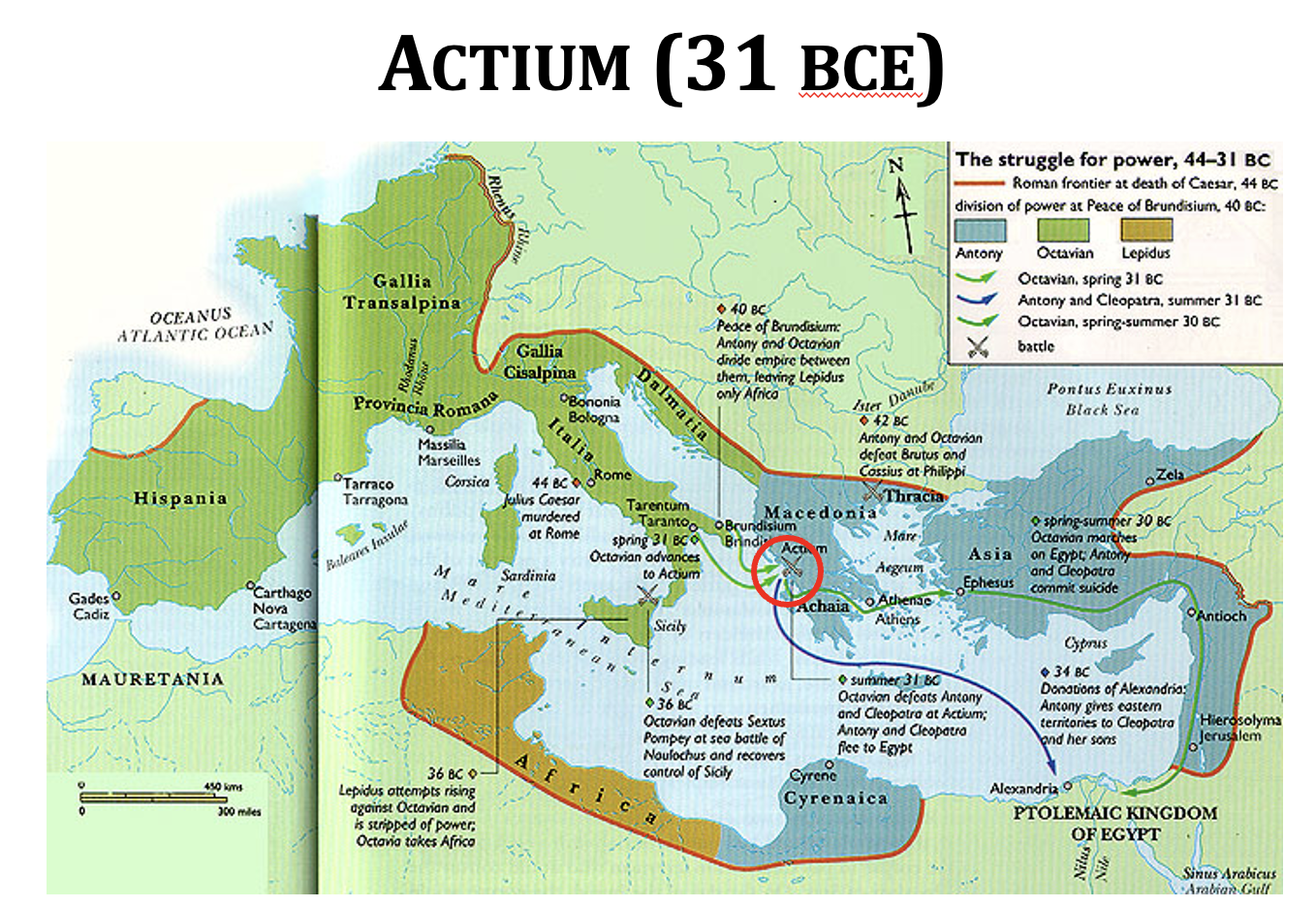
Death of Antony and Cleopatra 30 BCE
Octavian in Charge:
Granted the title 'Augustus' ('revered one') in 27 BCE. Held one consulship every year from 27 to 23. Received proconsular imperium for ten years (extended for his entire life). Included all provinces with legions. Other provinces he left to the Senate. After 23 he received consular and tribunician powers for life. Became 'Princeps' ('first citizen') and 'Father of the Fatherland'.
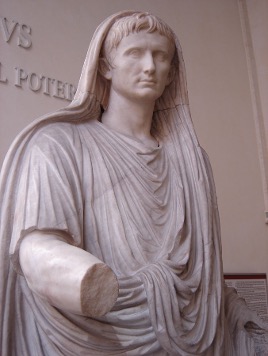
A Standing Army
“I paid the towns money for the fields which I had assigned to soldiers in my fourth consulate (30 B.C.E.) and then when Marcus Crassus and Gnaeus Lentulus Augur were consuls (14 B.C.E.); the sum was about HS 600,000,000 which I paid out for Italian estates, and about HS 260,000,000 which I paid for provincial fields. I was first and alone who did this among all who founded military colonies in Italy or the provinces according to the memory of my age.” - Res Gestae Divi Augusti 16
Augustus of Primaporta
Set up at Livia's villa at Primaporta near Rome after Augustus' death in 14 CE. Possibly a marble version of a bronze statue made during his lifetime. Originally painted. Youthful idealized portrait of Augustus. Greek posture. Orator's gesture. Cuirass indicating military prowess. With an image of a Parthian returning the legionary standards to Roma. Bare feet indicate divine status.
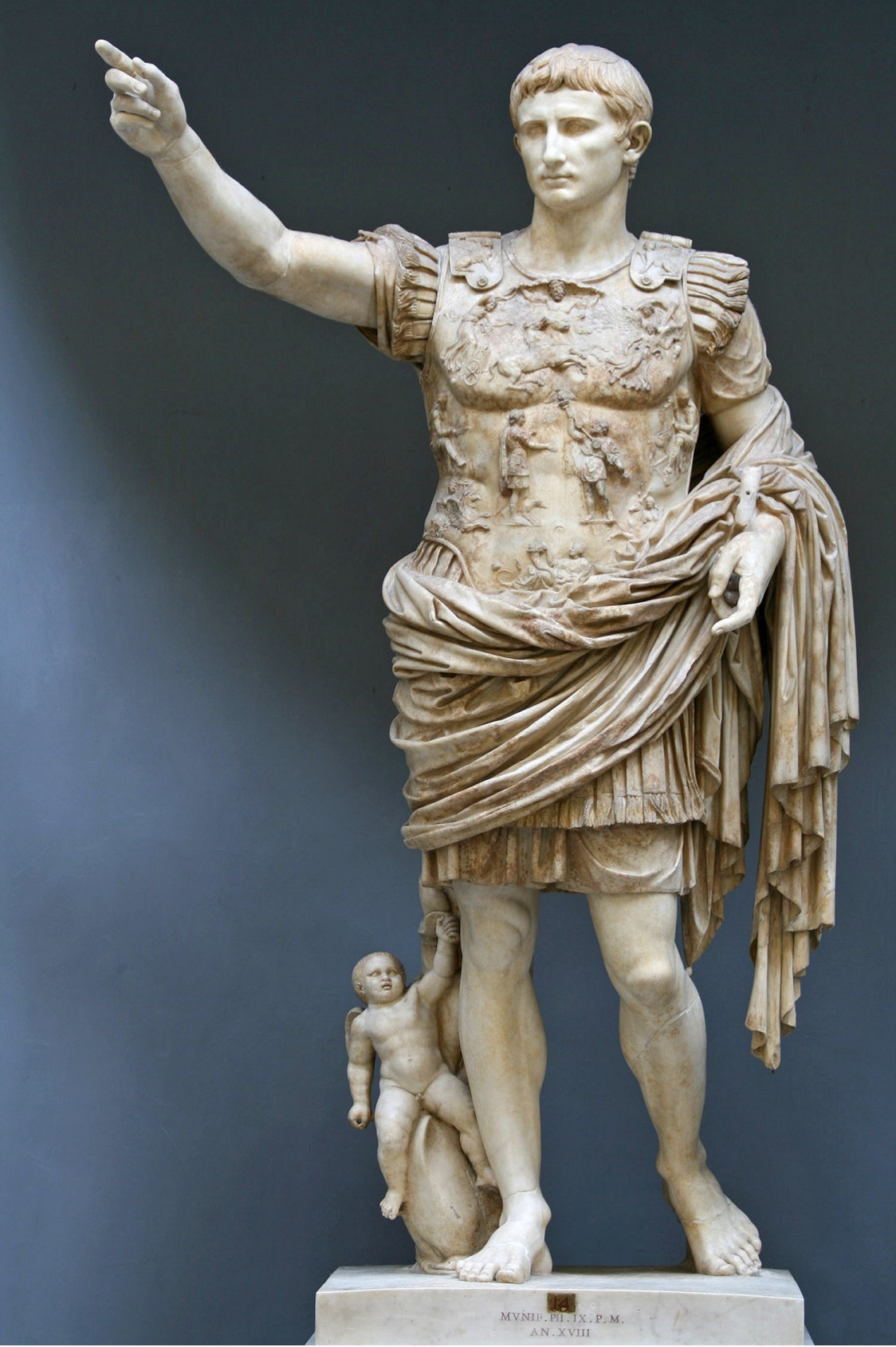
The Death of Augustus (14 CE):
Mausoleum of Augustus, Campus Martius, Rome.
The Last Word...
“At home all was calm. The officials carried the older names; the younger men had been born after the victory of Actium; most even of the elder generation, during the civil wars; few indeed were left who had seen the republic.” - Tacitus, Annals 1.3.7
Roman Empire at the Height of its Power
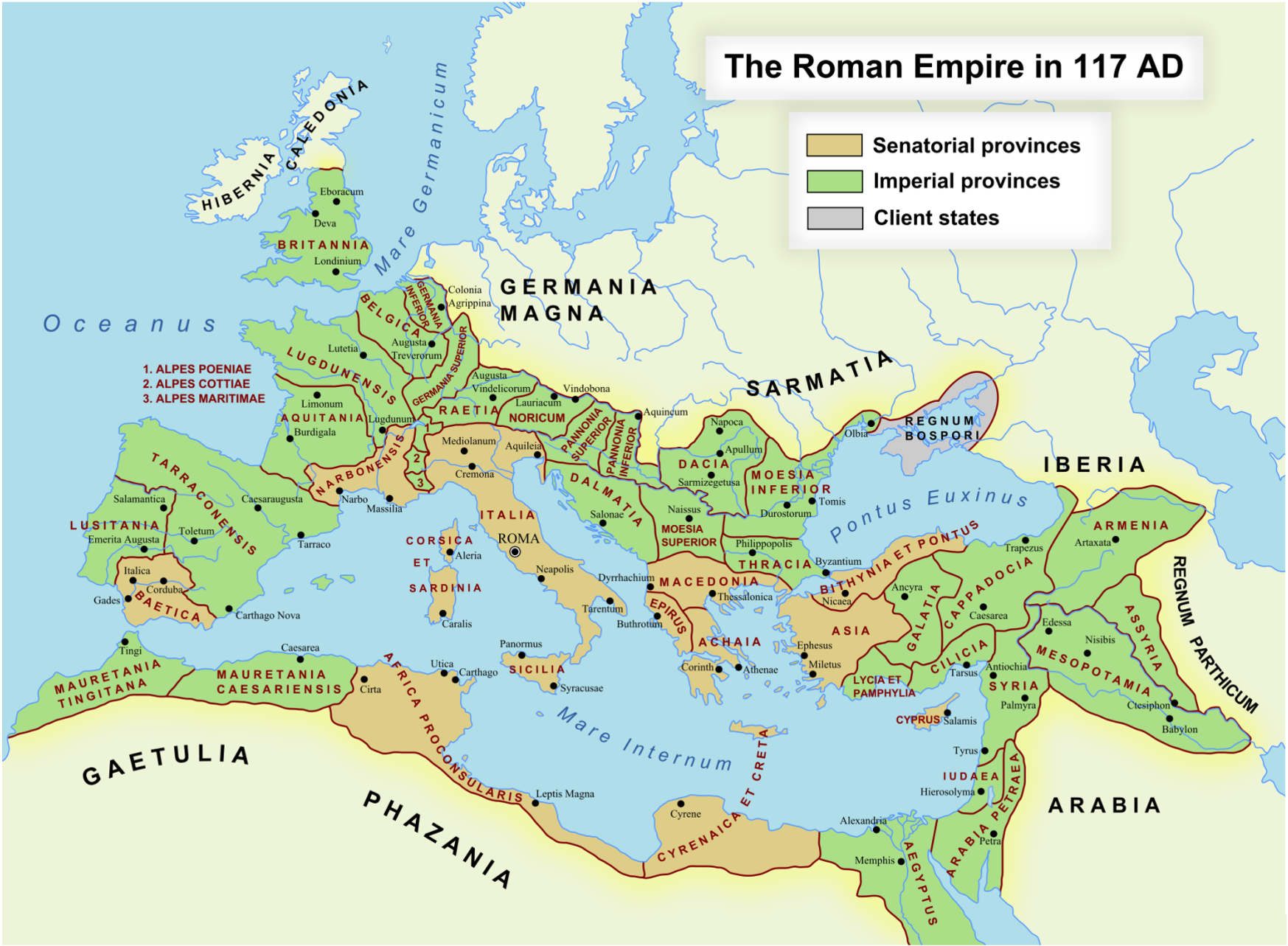
Division of the Roman Empire
